The Soundtracks Of Our Lives
There’s a very basic human, non-verbal aspect to our need to use music as part of our human expression.It…doesn't have to do with articulation of a language,but with something spiritual.-John Williams
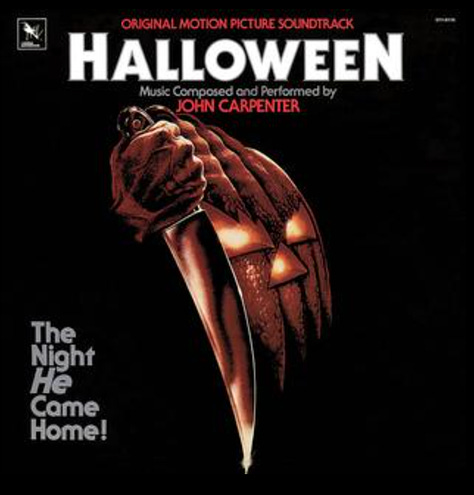
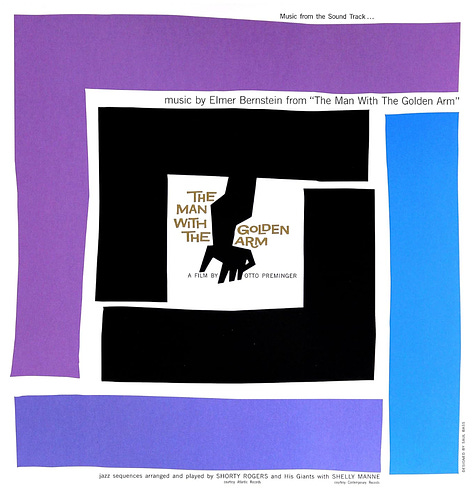
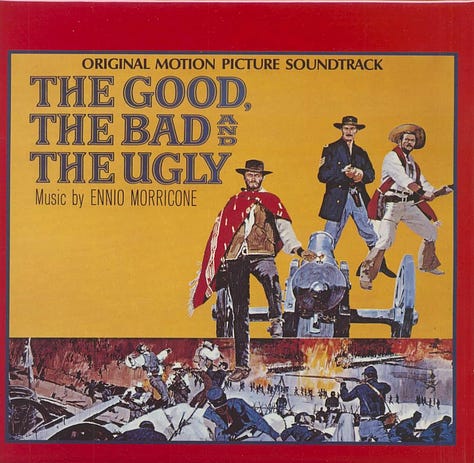
There is a famous story about the first time John Carpenter screened his film Halloween for a film executive…without the now famous soundtrack. Carpenter was told that the film wasn’t scary. Not scary at all. Carpenter added a soundtrack he composed, as he has pretty much done for all of his movies since, featuring that monotonous, tension-filled simple piano line, and suddenly he had a horror classic on his hands, one of the greatest films of that genre ever.
During PBS’ Boston Pops series, movie star Richard Dreyfuss shared a stage with John Williams and the Boston Pops Orchestra, showing a scene from Jaws without Williams’ famous score, and then prompting Williams to lead the orchestra through the same scene with the score he had composed for it. The drama…the depth of emotion…bled from the scene as if it had been bitten by a great white shark: as director Steven Spielberg has said in interviews, half of the films’ success was because of Williams’ score.
Sound teases emotion, evokes memories, and helps create the space, the coloring, for new ones. The film score…the soundtrack that weaves under the film’s visuals…is the always unseen actor that takes the flat screen and gives it dimension, that audibly struts and frets its hours upon the stage, dancing with the script, hoisting up a performance, emojiing transparent periods and exclamation points and question marks into story, as if breathed by the deistic gods that are the film’s writers and directors. The right score can bring the whole film into a new space, can take it on an unexpected turn, can blast off a heroic climax. It can turn a slow scene into molasses, it can take a small, poignant moment and fuel it with the meanings of the universe, it can shatter a plot-bruised audience member into the depths of despair, them move the soul through embers of hope, of redemption.
Jazzbos, noisebos, classical heads and fuzz heads: the history of film showcases soundtracks from artists of all genres, from legendary artists who stretch their craft to fit another artist’s statement to deeply underground artists who translate their experiments through visual storytelling. Creating music to cut into a film’s action: a prompt that shatters the more often used traditional composing strategies, opening up new frontiers for an artist’s voice and many times resulting in music that is a defining, iconic moment in their career. Song structures, common melodic evolutions, dissolve away into movie plot and pace, with a composer wrestling with abstraction and musical form. The composer’s task is to create beauty from this tension, and when successful, holding an alien creation that sounds fantastically human, to both move the film forward and offer a unique statement.
But beyond their utilitarian functionality, soundtracks in and of themselves stand alone as pieces of art. Some become soundtracks to our lives, way beyond the film, becoming regularly played around the house or in the car. For me it is the ambient soundtracks: Ryuichi Sakamoto’s The Revenant, Bruce Langhorn’s The Hired Hand, Johann Johannsson’s Prisoners--these get played as much as any other LP in my collection. I have never even seen Hired Hand, but it really doesn’t matter: there are times it is as if the soundtracks were made for imaginary films, where the films they were made for are almost abstractions; genius soundtrack composers are capable of making music that is so much greater than its intended usage in film; they end up marking the times and movements of the listener.
This Signal newsletter is a celebration of film soundtracks and the composers who make them. My concept was to ask friends: soundtrack composers, musicians, filmmakers, record collectors, artists to pick ten of their favorite soundtracks. The prompt was ten soundtracks that are NOT song compilations but composed scores. And preferably, soundtracks that are regularly listened to…gone back to. That being said, everyone I asked ended up translating the task differently, as you will see below. Some just submitted lists of their favorite soundtracks, some dug in a little deeper with commentary. Both great. The lists come first, and the longer pieces are after.
These lists generally do not include compilations of composer’s music, those exist and there are excellent examples like Crime and Dissonance, Mike Patton’s curation of Ennio Morricone film music, or The Eye Popping Sounds of Herschell Gordon Lewis, which I released on Birdman Records in 2002 with the help of Larry Hardy. These lists also do not feature soundtracks recorded in modern times for old silent films (of which there are many genius examples).
What do we learn from these lists? We learn that Ennio Morricone seems to be the most beloved soundtrack composer of all time (which I concur). We learn (not surprisingly), that soundtracks made up purely of individual tracks from various artists can and do resonate with an audience similarly to soundtracks of composed scores (enough to include them below, despite the prompt). We learn that people love Curtis Mayfield’s Superfly and the 1958 Miles Davis soundtrack for the French film Ascenseur pour L'Echafaud (Elevator to the Gallows). We learn that Radiohead’s Jonny Greenwood is a newer soundtrack composer whose work has already put him atop the pantheon of the greats and we learn that people really do love John Carpenter’s horror music and Phillip Glass’ scores. But mostly, through the ears and writings of people who care: we learn (expectedly) that there is a huge multi-colored and textured world of phenomenal soundtracks to discover, some that are attached to famous films, others to films relatively unknown (and it is exciting to get introduced to them). I have been blown away these past weeks by so many amazing soundtracks that I have never heard. Please enjoy this deep deeeeep dive into the world of film soundtracks. 99% of the titles of the films listed are hyperlinked to places they can be heard, for your exploration.
We begin with a list of favorites from film composer, and ex-Tinderstick, Dickon Hinchliffe. Dickon composed the score for Jennifer Lawrence’s breakout film Winter’s Bone, among other scores for films by its director, Debra Granik. I released on vinyl Dickon’s gorgeous score for 2018’s Leave No Trace. I have five copies lying around for the first five subscribers who reach out wanting one (and if you only have a CD player, I also have 5 copies of The Eye Popping Sounds mentioned above). If you do not see your favorite soundtrack mentioned in this newsletter, please add it as a comment below. Let’s keep this collection growing…
Dickon Hinchliffe: Film Composer, Tindersticks
Vertigo & Taxi Driver by Bernard Herrmann
To Kill A Mockingbird by Elmer Bernstein
Planet of the Apes by Jerry Goldsmith
Lift to the Scaffold by Miles Davis
The Beasts by Olivier Arson
13 Assassins by Kôji Endô
Superfly by Curtis Mayfield
Once Upon A Time In America by Ennio Morricone
Walkabout by John Barry
Meg Baird & Charlie Saufley: Artists, Heron Oblivion
Magnum Force by Lalo Schifrin
Escape from New York by John Carpenter & Alan Howarth
Ascenseur pour l'échafaud by Miles Davis
The Good, The Bad and the Ugly by Ennio Morricone
On Her Majesty’s Secret Service by John Barry
Dead Man by Neil Young
Blade Runner by Vangelis
Aguirre, the Wrath of God by Popol Vuh
The Hired Hand by Bruce Langhorne
Northanger Abbey by Ilona Sekacz
Heavy by Thurston Moore (There are single songs placed in the film soundtrack but these contributions are composed for scoring the film, and so beautiful.)
Greg Dulli: Afghan Whigs, Twilight Singers, Publican
Ascenseur pour l'échafaud by Miles Davis
Let the Right One In by Johan Söderqvist
Superfly by Curtis Mayfield
Eternal Sunshine of the Spotless Mind by Jon Brion
Passion/The Last Temptation of Christ by Peter Gabriel
Moneyball by Mychael Danna
My Dinner With Herve by David Norland
The Hot Spot by Jack Nitzsche/John Lee Hooker/Miles Davis/Taj Mahal
The Thin Red Line by Hans Zimmer
Thelma by Ola Fløttum
The Mission by Ennio Morricone
Merry Christmas, Mr. Lawrence by Ryuichi Sakamoto
Aguirre, the Wrath of God by Popol Vuh
The Virgin Suicides by Air
Rocky by Bill Conti
Shaft by Isaac Hayes
Trouble Man by Marvin Gaye
Jaws by John Williams
Destroyer by Theodore Shapiro
Halloween by John Carpenter
Michael Morley: Gate, Dead C, Painter
Stalker by Eduard Nikolayevich Artemiev (1972)
Mirror by Eduard Nikolayevich Artemiev (1975)
Solaris by Eduard Nikolayevich Artemiev (1979)
The Draughtsman's Contract by Michael Nyman (1982)
Belly of an Architect by Glenn Branca and Wim Mertens (1987)
The Cook, The Thief, His Wife and her Lover by Michael Nyman (1989)
Latcho Drom by Taraf de Haidouks, La Caida, Remedios Amaya, Tchavolo Schmitt, and various others (1993)
Dead Man by Neil Young 1995
Ghost Dog: The Way of the Samurai by RZA (1999)
The Piano by Michael Nyman (1993)
The Power of the Dog by Jonny Greenwood (2021)
Orlando by Sally Potter and David Motion (1993)
Blue by Simon Fisher Turner, John Balance, Peter Christopherson, and various others (1993)
Whale Rider by Lisa Gerrard (2002)
Davia Nelson: Radio Producer, Kitchen Sister
In no particular order…
Black Orpheus by Antônio Carlos Jobim, Luiz Bonfá, João Gilberto
Rumblefish by Stewart Copeland
Amarcord by Nino Rota
The Godfather by Nino Rota (all of Nino Rota’s scores)
Once Upon a Time in Hollywood by Various Artists
The Big Lebowski by Various Artists
O Brother Where Art Thou by Various Artists
Hustle and Flow by Various Artists
Paris, Texas by Ry Cooder
Midnight Cowboy by Various Artists
Saturday Night Fever by Various Artists
The Harder They Come by Various Artists
The Phantom Thread by Jonny Greenwood
Risky Business by Tangerine Dream
Noam Dromi: Producer, Director, Writer, Reboot Studios Honcho
Dolphin Tale by Mark Isham
Bakara by Michael Stearns
Koyaanisqatsi By Philip Glass
The Piano by Michael Nyman
Blade Runner by Vangelis
Three Colors Trilogy (with Red being my personal favorite score of the 3) by Zbigniew Preisner
The Good, The Bad and the Ugly by Ennio Morricone
Back to the Future by Alan Silvestri
Anatomy of a Murder by Duke Ellington and Billy Strayhorn
Geoffrey Weiss: Record Collector, Manager, Bingo Masters Records
Anatomy of a Murder by Duke Ellington
Melanie and Me by Simon Jones
Beyond the Valley of the Dolls by Stu Phillips
The 10th Victim by Piero Piccioni
Le Planète Sauvage by Alain Goraguer
The Living Dead at the Manchester Morgue by Giuliano Sorgini
Ron and Val Taylor’s Inner Space by Sven Libaek
Hell’s Belles by Les Baxter
Eraserhead by David Lynch & Alan R. Splet
Sweet Love, Bitter by Mal Waldron
Matthew Schnipper: Writer, Depop Dealer, Deep Voices
Mishima by Philip Glass
Return to Seoul by Jérémie Arcache and Christophe Musset
Amateur by Jeffrey Taylor (aka Hal Hartley)
Ascenseur pour l'échafaud by Miles Davis
Jackie by Mica Levi
Superfly by Curtis Mayfield
Aguirre, Wrath of God by Popol Vuh
Atlantics by Fatima Al Qadiri
Gohatto by Ryuichi Sakamoto
Dancer in the Dark by Bjork
Gretchen Gonzales Davidson & Ethan Daniel Davidson: Musicians, Songwriters, Noisemakers
Aguirre, the Wrath of God by Popol Vuh
Taxi Driver by Bernard Herrmann
Suspiria by Goblin
The Good, The Bad and the Ugly by Ennio Morricone
Purple Rain by Prince
Terror At The Opera by Bill Wyman, Roger Eno & Brian Eno
Superfly by Curtis Mayfield
The Mack by Willie Hutch
Do the Right Thing by Various Artists
Repo Man by Various Artists
Midnight Cowboy by John Barry and Various Artists
The Harder They Come by Various Artists
O Brother Where Art Thou by Various Artists
Joel Selvin: Author, Critic, Record & Book Collector
Some of the finest work by the multi-talented Quincy Jones can be found on movie soundtracks. He was a pioneer black soundtrack composer who brought a unique, contemporary sound to the big screen (Editor’s note: Instead of a top ten, Joel’s inclusion is a radio show he produced spotlighting the greatest in Jones’ work. Top stuff.).
Tom Shannon: Cheater Slicks, Record Collector
Forbidden Planet by Bebe and Louis Barron: Tape manipulation and electronic sounds on this classic.
Vampyros Lesbos by Manfred Hubler and Siegfried Schwab: Funky, fuzzed out Euro soft porn soundtrack.
Endless Summer by The Sandals: Perfect sounds for this around-the-world surf adventure.
Beat Girl by John Barry: Sleazy, twangy guitar, beatnik crime jazz with rock n roll.
Coffy by Roy Ayres: Jazzy, funky Blaxploitation with Ayres tearing it up on vibes.
Woman in the Dunes by Toru Takemitsu: Amazing movie and incredible modern classical score.
Shadows by Charles Mingus: Mingus provides an urban, moody jazz score. Recorded in 1958 in a club setting in the jazz workshop tradition. The last song is a wild drum exotica freakout.
The Andromeda Strain by Gil Mellé: Incredible abstract electronic score. This came in a very cool silver, hexagonal die cut cover, if you can find it.
The Invaders by Jerry Goldsmith (From The Twilight Zone- Volume 1): The Twilight Zone had the best soundtrack composers of the era. I think there are 5 volumes in this series on Varese Sarabande.
Enter the Dragon by Lalo Shifrin: Funky 70s crime jazz. The usual high level of Shifrin soundtracks and arrangements, in general.
Steven Baker: Artist, Record Executive, Music Supervisor
I am a fan of many film scores for just a few cues like Carter Takes A Train and Hallucinations from Roy Budd’s Get Carter score, and left a bunch off for that reason.
My first assignment after joining the Epic Records press department was working on Philip Glass’s “North Star” soundtrack. This was the late 70’s and I had no idea how many music writers were interested in Glass. Turns out there were a ton and I met a lot of people I wouldn’t have if I was assigned REO Speedwagon.
Minari by Emile Mosseri
Shoplifters by Haruomi Hosono
Ascenseur pour l'échafaud by Miles Davis
The Thomas Crown Affair by Michel Legrand (Especially for a bit of the score called A Man’s Castle)
Midnight Express by Giorgio Moroder.
Moon River by Henry Mancini (from Breakfast at Tiffanys, a nod to Barney Kessel’s version)
Tokyo Story by Saito Kojun (my father in law, John Clayton, suggested I watch this film. It became a favorite of mine)
Les Vacances de monsieur Hulot by Alain Romans (I watched 20 minutes of this film and turned it off. The score however remains a favorite)
North Star by Philip Glass
Femina Ridens by Stelvio Cipriani. (Just for Mary’s Theme)
The 7th Voyage of Sinbad by Bernard Herrmann (It’s a childhood favorite and hearing it takes me back to seeing the film at a movie theatre in Van Nuys many years ago)
Michael Clayton by James Newton Howard
JG Thirlwell: Artist, Composer (Archer, Venture Bros), Foetus
It's very difficult to whittle this list down to ten soundtracks from a lifetime of listening and watching, I didn't even mention James Bond.
1. Bernard Herrmann changed everything. Difficult to choose one but I’ll say Vertigo. Shout out to Psycho, Taxi Driver, Cape Fear, North By Northwest.
2. Ennio Morricone is the maestro. The spaghetti western scores were revelatory for me, and got in my DNA - A Fistful of Dollars, The Good, the Bad and the Ugly and For a Few Dollars More to name a few.
The many other mind-blowing Italian composers of the era included Riz Ortolani, Piero Piccioni, Pino Donaggio, Nino Rota, Francesco De Masi, Piero Umiliani, Armando Trovajoli, Alessandro Alessandroni...
3. I’m old enough to remember seeing this trailer for 'The Shining' in the cinema (see here). The Shining soundtrack is not an original score, but was an epiphany for me as it introduced me to Penderecki and Bartok’s Music for Strings, Percussion and Celesta, and it was edited into the film flawlessly. Similarly the score of Kubrick's 2001 made great use of the works of Ligeti.
4. Jerry Goldsmith was the ultimate : he changed styles effortlessly and, unlike the maestro, was a phantom - he disappeared into the work. Planet Of The Apes is excellent. Great works from his massive canon also include In Like Flint, Chinatown, Papillon, The Omen, Poltergeist, Total Recall….
5. Hans Zimmer’s score for Dunkirk blew me away when watching it in the cinema. He made very effective use of shepherd tones to create tension, and there is not much dialog on the film, the score really drives the narrative. Director Christopher Nolan clearly cares deeply about the scores to his films, to the point where they often overpower the sound design and dialog. Shout out to Zimmer’s scores for Dark Knight, Man of Steel and Dune while we are at it. I like Zimmer even when he's phoning it in.
6. A tie between John Carpenter’s Halloween and Goblin’s Suspiria
7. Jonny Greenwood made a great score for There Will Be Blood, He represents a generation of rock musicians that crossed over into scoring including Cliff Martinez (Drive), Danny Elfman (Batman), Graeme Revell (The Crow), Nathan Larson (Palindromes), Johnny Klimek (Run Lola Run) and Clint Mansell (Requiem for a Dream).
8. Colin Stetson used his unique saxophone extended technique to create the chilling score for Hereditary. He represents experimental musicians who have crossed over into scoring including Johann Johannsson (Mandy), Ben Frost (Dark), Mica Levi (Under The Skin), Geoff Barrow & Ben Salisbury (Annihilation) and Rob Aiki Aubrey Lowe (Candyman II).
9. Hildur Guðnadóttir did an amazing job with Joker, not to mention her haunting score to the mini-series Chernobyl.
10. I’m a fan of big bombastic action scores. The more over the top, the better. Lately I listened a lot to Ludwig Göransson's Venom.
PS The grandaddy of them all - Max Steiner’s score to King Kong
Alan Light: Journalist, Sound Up!
Purple Rain - Prince & The Revolution, 1984
Beneath the lace and eyeliner, Purple Rain is an old-fashioned musical, where the songs move the narrative forward. Perfectly and tightly constructed, it not only nailed Prince's vision of expanding his audience by remaking himself into a rock icon, it made him the first artist ever to have the Number One movie, album, and single in the country at the same time. Never forget that he wrote "When Doves Cry"—one of the greatest songs of all time—overnight when the director asked for another song. (Also: I had to put this one at the top - I wrote a damn book about it!)
Superfly - Curtis Mayfield, 1972
The magnificent Curtis Mayfield didn't like the images he saw on the screen, feeling that the glamorized the criminal lifestyle. So he wrote a spectacular soundtrack that also served as a Greek chorus, commenting and criticizing the action in the film.
The Harder They Come - Various Artists, 1972
Technically violating the rules here, since only Jimmy Cliff's title track was actually written for the film. But the point is that no one outside Jamaica knew the rest of these songs—every one a classic—or even what reggae music was. This collection introduced the genre to the world and changed pop music forever.
Ascenseur pour L'Echafaud (Elevator to the Gallows) - Miles Davis, 1958
A haunting, interior score that proved crucial to both Miles's musical direction (introducing the modal approach to improvisation that would define his next album, the earth-shattering Kind of Blue) and the sound of movie music (establishing jazz as the go-to style for the film noir and mysteries that follow)
Koyaanisqatsi - Philip Glass, 1982
This abstract meditation on technology and industrialization proved to be a perfect way to popularize Philip Glass's minimalism just as it was coming to international prominence. Essentially a highbrow, long-form music video, it served as a way to push Glass into shorter and more distinctive compositions, conveying his percussive intimacy without taxing the patience of a general audience.
Wild Style - Various Artists, 1983
There are some great hip-hop soundtracks out there (Juice, Above the Rim), but it's impossible to know how much of that material was specific to the films. So let's go with Wild Style, a definitive document of the genre's first-wave true school—mostly live performances from legends like Grandmaster Caz, the Cold Crush Brothers, and Grand Wizard Theodore, plus a rare recording of the multi-media enigma known as Rammellzee.
Dead Man - Neil Young, 1996
For this Jim Jarmusch Western starring Johnny Depp, Neil Young wanted to recreate the experience of a live musician playing along to a silent movie. He played guitar and some organ, improvising in real time through three screenings of the film; the resulting seven, entirely instrumental tracks are spare, strange, curiously affecting.
Sing Street - Various Artists, 2016
I sometimes forget about this movie, and then when I remember it, a big smile shows up on my face. It's unbelievably charming story about a boy who starts a band to impress a girl in 1980s Ireland with a soundtrack that includes a bunch of period hits (from Hall & Oates to the Cure)—but the real highlights are the note-perfect originals, composed largely by Danny Wilson frontman Gary Clark, that capture the styles of the time and the feel of a young band experimenting and finding its feet.
The Good, The Bad, and The Ugly - Ennio Morricone, 1966
Can't do this list without including primo badass Ennio Morricone, and this one sets the standard. It was actually a Top 5 pop hit and even hit the Top 10 on the R&B charts. It's been used by everyone from Metallica to the Ramones to Jay-Z...and you know you're whistling that theme song in your head right now.
There Will Be Blood - Jonny Greenwood, 2007
Trent Reznor may be considered the reigning king of alt-rock hero turned top-call film scorer, but Radiohead guitarist Jonny Greenwood is right up there. This all-orchestral soundtrack to Paul Thomas Anderson's tense and disturbing film bears no literal resemblance to the music of Greenwood's band, but it has a striking sense of drama and unease—and demonstrates that great soundtrack work lives on in the 21st Century.
Brooke Wentz: Writer, Music Producer & Director
Ten Favorite Soundtrack albums, in no particular order or chronology…just pure classics:
Sexy Beast - (2000) I can’t recall any film that opens with such a strong song that embodies Jonathan Glazer’s Sexy Beast film attitude than The Stranglers song “Peaches.” The rest of the soundtrack is by UNCLE and some Henry Mancini and Dean Martin.
One Giant Leap - (1999) A world music mash up by British hipsters Jamie Catto and Duncan Bridgeman who travelled across the world and recorded sounds and then mixed them into original songs by Robbie Williams, Neneh Cherry, Michael Franti, Baaba Maal, Grant Lee Phillips and the Mahotella Queens.
A Charlie Brown Christmas - (1965) Classic Christmas songs and originals by Vince Guaraldi that never tires, nor does the 30-minute film.
Harold and Maude - (1971) All music by Cat Stevens used in the best possible way to capture the spirit and style of Hal Ashby’s classic coming-of-age story.
Rivers and Tides - (2001) British guitarist extraordinaire Fred Frith pairs up with British landscape artist Andy Goldsworthy in the feature documentary about Goldsworthy’s body of work. Frith weaves water and environmental sounds into this contemporary audio palette.
The Motorcycle Diaries - (2004) All music from the Walter Salles directed film was composed by Argentine artist Gustavo Santaolla which launched his composing career in Hollywood.
The Revenant - (2015) - Alejandro Iñárritu feature film with music by the late Japanese composer extraordinaire Ryuichi Sakamoto, and German composer Carsten Nicolai aka Alva Noto.
2001: A Space Odyssey - (1968) Although mostly classical music by Richard Strauss and Gyorgy Ligeti, the juxtaposition over the modernistic (at the time) images of people living on a spaceship was tremendously moving and memorable!
The Graduate - (1967) This Mike Nichols film catapulted the career of singer/songwriter duo Simon & Garfunkel. Not only was the film a huge success, but all the songs on the soundtrack, including “Mrs. Robinson,” “Scarborough Fair,” and “The Sound of Silence” are memorable through the help of the paired images in the film.
Arrival - (2016) Denis Villeneuve’s classic space tail is elevated by music composed by the late Icelandic composer Jóhann Jóhannsson. Villeneuve invited Jóhannsson onto set so to enhance his understanding of the film. Some compositions interweaves the mesmerizing vocals of avant-garde composer Joan La Barbara.
Steve Turner: Mudhoney, Super Electro, Record Collector
People have been asking me about soundtrack LPs lately. There's lots of them. I have lots of them. As a kid my folks had West Side Story and Hair, both of which still stand up as towers of songs and stories. Both were Broadway musicals first though, so that's not where we're going today. As a Teenager I discovered both fuzz guitar and biker movies, which were a huge influence on me, I could write a whole lot about those soundtracks, give an easy top 12 but that's not where we're going today.
No, I want to talk about random not so great soundtrack LPs from the late 60's to early 70's that have at least one cool, groovy, fuzzed out track amidst the more sedate background musics. Possibly a few tracks, maybe someone kinda famous from the rock world picking up some spare change on the side. Maybe Mancini. Most of these are available for under $5.00 by the way!
Gas.s.s.s: 1970 weirdo underground movie that I think I saw a very long time ago. Barry Melton of Country Joe and the Fish is responsible for this and it's a stone gas! Groovy Garage Rock A-Go-Go.
Made For Each Other: 1971 Trade Martin, who I think was a producer of some note, did the brown acid and came up with Heavy Rock At OJ, which reminds me of The Dynamite Masters Blues Quartet covering The Boredoms.
Gunn Number One: Mancini! Monkey Farm has this one note droning Fuzz thing with horns that is epic!
If It's Tuesday This Must Be Belgium: 1969 Donovan and JP Rags contribute here, but it's Rockhouse by Hopscotch that really grooves.
Our Man Flint: 1966 The earliest entry here, but definitely some killers, including an early Randy Newman co-write Galaxy A Go-Go.
Me, Natalie: 1969 Mancini once again, but this time with Rod McKuen busting out the lyrics. Offramp To Nowhere has a slight Trouble Coming Every Day vibe and I'm a bit biased in how awesome it is as I covered it on my New Wave Punk Asshole CD one time.
Lady In Cement: 1968 Hugo Montenegro is a legend of course, but this one has a lot more Fuzz Guitar on it then usual. Check out Jilly's Joint for starters.
Goodbye Columbus: 1969 A great Association LP basically. A bit softer than some of the other examples here, but I love The Association, as should you. It’s Gotta Be Real is the hot topic.
Joe: 1970 This is a messed up movie that would appeal to our weird uncles that voted for Trump. Send The Hippies To Hell is awesome though.
The Party: 1968 Henry Mancini once again! Birdie Num Nums and Party Poop. At least one very groovy fake sitar psych out.
Last Summer: 1969 There's a band called The Electric Meatball with a song called Magnetic Mama. Levon Helms and Rick Danko have something to answer for here. John Boy Walton stars in what looks to be an exploration of bisexuality.
Ultra Violet's Hot Parts: 1972 Some great lost Left Banke stuff amidst the dreck.
Henry Rosenthal: Producer, Drummer, Crime
1. Once Upon a Time in the West/A Fistful of Dollars/For a Few Dollars More/The Good, The Bad and the Ugly
Number One is the greatest soundtrack to the greatest film, and my personal favorite of all time, with its four character themes woven together to stunning effect. I am shoehorning in the soundtracks for the Dollars Trilogy because they are just that great, and deserve it.
2. Goldfinger
I’m showing my age as this soundtrack could have been the first I owned, and listened to incessantly, as the film blew my pre-adolescent mind. It occupies the second slot in honor of iconic guitarist Vic Flick, who we sadly just lost.
This film was released during the summer I moved to San Francisco to attend New College of California. Not knowing anybody during the time I was getting settled prior to the start of the school year, I found myself going to see this film every day for weeks at the long lost cinemas of Market Street. A great, cheesy Lalo Schifrin banger that really makes the film.
4. A Hard Day’s Night/Help!/Magical Mystery Tour/Yellow Submarine/Let It Be
The five Beatles films, each a defining moment in my life, must be recognized as among the greatest of all time. It’s impossible to tease them apart, so here they are.
5. Marat/Sade (The Persecution and Assassination of Jean-Paul Marat as Performed by the Inmates of the Asylum of Charenton Under the Direction of the Marquis de Sade)
I was introduced to this film in the late ’70’s by Michael Lucas, and it’s been a favorite ever since. The Richard Peaslee score was created for the Peter Brook film of the Peter Weiss play.
6. Music, Money, Madness…Jimi Hendrix in Maui
The documentary about the making of Rainbow Bridge is far better than the original film, and the soundtrack is great, despite the fact that Mitch Mitchell had to rerecord all the drum tracks.
7. Ziggy Stardust and the Spiders from Mars: The Motion Picture
The definitive set from what most Bowie fans agree was the pinnacle of his career, during which he surprisingly announced the end of the band. We are fortunate that D.A. Pennebaker was there to capture it.
A great album by arguably the greatest fake joke band that became a real joke band of all time. I couldn’t leave this off the list.
A current selection of this fall’s body horror hit, and so new, the vinyl hasn’t even been released yet, but an undeniably brilliant score by Raffertie is so unsettling, it stands alone even without the visuals.
10. Blood Orgy of the Leather Girls/The Bed You Sleep In/Mod Fuck Explosion/Off the Charts/Entertainment/Film Music 1972-2020 Eno
As a film producer, I humbly list the released soundtracks for several of my own films. Blood Orgy of the Leather Girls is a garage rock grinder; Erling Wold’s The Bed You Sleep In is the score that launched Jeff Hunt’s Table of the Elements label (he approached me after a festival screening and told me that he intended to start a label just to release this soundtrack, and he did); Jon Moritsugu’s Mod Fuck Explosion is a fantastic garbage rock soundtrack album; Jamie Meltzer’s Off the Charts: The Song Poem Story has become a cult classic and the best song poem compilation ever released; Robert Donne’s score for Rick Alverson’s Entertainment is as unsettling as the film itself; and Film Music 1972-2020 Eno features tracks from his score for the Stewart Brand biographical We Are As Gods.
Eric Isaacson: Mississippi Records, Artist
(Note - these picks are best experienced as soundtracks to the films. As stand-alone records to listen to without the films these are not my top thirteen. That would be an entirely different list.)
The Apu Trilogy (Pather Panchali, Aparajito, The World of Apu)
Sajiyat Ray made this trilogy with an amateur film crew and non-professional actors. The visuals and feel of the movies could be read in lots of different ways, but the masterfully performed soundtrack makes the strangely shot and edited images read as nothing but purely mystical. A perfect wedding of sound and sight.
Female Trouble
I generally hate brassy "sexy" saxophone solos from 1950's R&B, but this movie begs for a soundtrack filled with them. Shitty sax solos are the only option. An incredible portrait of an alternate reality of glamour. It's sweet, beautiful trash with trashy music to match.
The Turin Horse by Mihály Víg
All Bela Tarr movies have incredible soundtracks. This one is relentless and pretty much the star of the film, especially in the first ten minutes where nothing really happens but the churning soundtrack playing while a horse slowly struggles down a road.
The Saddest Music In The World
All of Director Guy Maddin's soundtracks are great. The Saddest Music in The World is about a depression era song contest in Winnipeg put on by a beer baroness who has glass legs filled with beer. Musical acts from all over the world compete to win the title of performer of the saddest song in the world. You get an Eastern European cellist, a Mexican Mariachi band, a Chinese flautist, an African drum troupe, a sappy American tin pan alley musical and so on.
The World's Greatest Sinner by Frank Zappa
My absolute least favorite musician of all time is Frank Zappa. I despise his so- called sense of humor and his virtuosic music makes me physically ill. Still, even damnation is poisoned with rainbows. Somehow his fake garage rock soundtrack to The World's Greatest Sinner is a masterpiece. He did it early in his career as a piss take and disowned this music and the movie itself later, claiming it was "the worst movie of all time." Of course, he's wrong. It's actually one of the greatest movies of all time and Zappa's only redeeming musical moment.
Raising Arizona by various artists
Irresistible yodeling soundtrack. The first seven minutes of Raising Arizona is one of the greatest openers to a movie of all time and the soundtrack is really the star. A high lonesome sound. Why aren't more movies soundtracked with extreme yodeling? Seems like a no brainer to me.
Death Laid An Egg by Bruno Maderna
An outlier of the Italian Giallo genre, Death Laid An Egg is about a love triangle in the romantic setting of a high tech poultry factory. The soundtrack by Bruno Maderna is some wild avant garde shit that somehow bridges the moods between the alternating sex scenes and chicken mass murder scenes
Jules and Jim by Georges Delerue
The early French New Wave's use of music is always amazing. It's old school Hollywood schmaltz mixed with romantic French moodiness in all the right ways. The theme to Jules and Jim is an ear worm that will soundtrack your life, making everything in it seem romantic and important as the tune plays in your head.
Victims Of Sin by Antonio Diaz Conde
What could be better than a noir soundtrack? A Mexican noir soundtrack. Victims Of Sin is the best cabaretera film of all time. Composer Antonio Diaz Conde soundtrack is perfectly seedy and wild.
The Good, The Bad, and The Ugly by Ennio Morricone
An obvious choice, but Morricone's five soundtracks to Leone's movies are truly stunning. Not overrated at all. The Good, The Bad and The Ugly might be the best of the bunch.
Slaughterhouse Five featuring Glenn Gould
Can't beat Glenn Gould playing Bach while a divine light descends from the sky, swoops up a man and whisks him off to an interplanetary zoo where he cohabitates with a pornstar while invisible aliens explain how time works to him.
Old Joy by Yo La Tengo
Sometimes it's about what you don't do as much as what you do. Director Kelly Reichart is a master of avoiding putting things in her films that are cloying or manipulative in any way. For Old Joy you can tell she probably did not want a soundtrack at all but, since it was an early film in her career, she might have felt she was not ready to go that pure yet. Luckily, she tapped Yo La Tengo to do the music and they held back just the right amount. The soundtrack works. It feels like part of the landscape. (and - the soundtrack is coming out soon on Mississippi Records! Plugging away over here....)
Space Is The Place by The Sun Ra Arkestra
I'd like to live in an alternate world where many films are soundtracked by Sun Ra. His music lends itself to movies perfectly. The Space Is The Place is probably the best soundtrack of all time. Ancient to the future.
Scott Booker: Manager, Producer, Music School Boss
When I started making this list of my favorite scores, I did wonder how much of my love for the score is tied to the actual movie? Ultimately, I believe it doesn't matter, scores and movies are linked even if you are listening to them without the movie. With the ghost of the movie in your brain, listening to these soundtracks are really gateways as much to just emotions as they are stories and that's why I love these all so much.
Planet of the Apes by Jerry Goldsmith
One of my favorite movies, but this score made scenes that would be relatively boring intense and interesting. The sounds feel as alien as the planet they just landed on. I know this was influential in the Flaming Lips world of music design.
Phantasm By Fred Myrow & Malcolm Seagrave
I don't think I've ever sit through this movie1, but I remember one late night in London not able to sleep and having this on the tv in the background. The music was frightening and beautiful simultaneously. Before the vinyl reissue, I found a bootleg download of the original and would play it in the background while working to keep me motivated!
Christmas On Mars by The Flaming Lips
I am biased of course. Rarely do "rock" musicians make a score that isn't just acoustic guitars over landscape. The score to this movie tells the story as much as (perhaps more than) the dialogue.
Rosemary's Baby by Krzysztof “Christopher” Komeda
The late sixties were such a great time for sound(s). Another score that moves the needle of what a soundtrack should be. If only there was a track called "Hail Satan".
Lawrence Of Arabia by Maurice Jarre
This is probably the most traditional of the scores that is a favorite. I think it's the best representation of what an symphony could do to enhance a film - but it's beautiful as a stand alone listen as well.
Halloween by John Carpenter
This feels similar to the Christmas on Mars soundtrack. Maybe a bunch of directors made music for their films, but at the time when my friends and I would talk about movies in middle school - this made Halloween more interesting. We loved the DIY aspect of Carpenter doing the music.
Honorable mentions:
Eraserhead by David Lynch & Alan R. Splet
La Planete Sauvage by Alain Goraguer
Ed Wood by Howard Shore
Mishima by Philip Glass & Kronos Quartet
The Good, The Bad and the Ugly by Ennio Morricone
Luke Cage by Adrian Younge & Ali Shaheed Muhammad
Star Wars by John Williams
Andy Zax: Musicologist, Producer
Ballet Mechanique by George Antheil (composed 1924, but best heard on the Telefunken LP version from 1977)
I had just started college and went into the local record store for the first time. Ballet Mechanique was playing. I had no context for it, didn’t know what I hearing, didn’t know who George Antheil was, didn’t know that it was the intended soundtrack to a surrealist short film. There were a dozen copies of it in the classical cut-out bin. I bought one for $1.98, walked back to my dorm room, and didn’t play anything else for a week.
The River by Virgil Thomson/Pare Lorentz/Thomas Hardie Chalmers (United States Department Of Agriculture, 1938)
Virgil Thomson’s musical score to Pare Lorentz’s sui generis Roosevelt-era documentary about how “we built a hundred cities and a thousand towns, but at what a cost!” has been recorded many times, but the soundtrack version, with the film’s narration intact, has never been officially released--and that’s the way you need to hear it. Fortunately, you can download the film from the Library of Congress website (https://www.loc.gov/item/2007640253/) and listen to it with or without visuals. I walk around all the time muttering “men and mules, mules and mud,” and once you’ve seen/heard The River, you will too.
Soundtracks by Arthur Lipsett (recorded 1961-1965; Global A Records, 2005)
Lipsett’s incredibly bleak short films are virtuosic manipulations of found-footage that were decades ahead of their time. (You can watch all of them for free online via the National Film Board of Canada.) This album collects the soundtracks to four of them, including “21-87,” probably his best-known work nowadays. They apply similar cut-up techniques to seemingly random scraps of audio, shaping them into essayistic forms that don’t require visuals to deliver a punch.
The Good, The Bad and the Ugly by Ennio Morricone (United Artists, 1965) [but you should really score a copy of the incredible 3CD expanded version that Quartet Records in Spain put out a few years ago]
This is an almost embarrassingly obvious selection, like if someone asked you “hey, what’s a good band?” and you said “…uh…The Beatles?” But it’s great like the Beatles are great, it’s influential like the Beatles are influential, and The Ecstasy Of Gold alone is better than 99% of my record collection.
Mission Impossible: The Television Scores by various artists (recorded 1966 - 1973; LaLaLand, 2015)
Mission: Impossible’s tense, repetitive, slow-burning music cues somehow made a show that consisted primarily of dialogue-free sequences of characters sneaking into buildings seem mesmerizing rather than interminable. This set gives you six CDs containing all of the score from all seven seasons of Mission: Impossible; lots of sneaking-into-buildings music, sure, but also memorable excursions into fake jazz, fake psychedelia and ethno-forgery. Whenever I put it on, it transforms mundane domestic tasks—folding laundry, doing taxes, renewing my car registration online—into thrilling suspense-fests.
Jack Johnson by Miles Davis(Columbia, 1971)
I’ve still never seen the film, but most of the time this is my second-favorite Miles Davis album. (My first-favorite Miles Davis album varies, but this one is always second.)
The Andromeda Strain - Original Electronic Soundtrack by Gil Mellé (Kapp, 1971)
Bad-vibey modular electro-creepiness that anticipates the work of everyone who’s ever been on the cover of The Wire. Contains some of the most radical and uncompromising sounds ever inflicted upon a mainstream movie audience, and it’s an astonishing piece of LP art direction as well. I obtained my copy as a teenager via a supreme act of kindness from one of the employees at the old Rhino Records store in Westwood, who saw me staring longingly at the record on the shelf behind the counter—it had a hundred dollar price tag on it—and told me “We’ve had it up there for a year and it hasn’t moved. Ten bucks and it’s yours.”
Truck Turner by Isaac Hayes (Enterprise, 1974)
Given my listening habits, this could have been an all-blacksploitation list, but for present purposes I’m keeping it to a single selection. I could easily have put Shaft, Super Fly, Dollars, Trouble Man, The Dynamite Brothers, or Across 110th Street here, but none of those soundtracks contain a track called Pursuit Of The Pimpmobile, so Truck Turner gets the nod.
Nashville - Original Motion Picture Soundtrack by various artists(ABC Records, 1975)
Much of what once seemed hilarious to me about this film now feels grim and hopeless in ways that I could never have anticipated back in the days when I was watching it over and over on double-VHS. In 2024 the Americana pastiches on the soundtrack album—scorned at the time of release for being “inauthentic,” as if that mattered—feel like terrible prophecies: “it don’t worry me” and “we must be doing something right to last 200 years” go a long way towards explaining how we’ve ended up where we are now.
Drowning By Numbers by Michael Nyman (Virgin Venture, 1988)
A formalist magic trick: Nyman appropriates a few bars from Mozart, and then repeats and rewrites and extrapolates from them in extraordinary ways. This is the soundtrack on this list that I’ve spent the most time listening to and obsessing over; I can hum the entire thing from start to finish, or play it on a kazoo. (Caveat emptor: the vinyl version is horribly noisy and you DO NOT want to own it; get the CD instead.)
***And finally, my Top Soundtracks that were left off of others’ lists.
The Prisoners by Johann Johannsson
The Man with the Golden Arm by Elmer Bernstein
The Third Man by Anton Karas
Alfie by Sonny Rollins (orchestra conducted by Oliver Nelson)
Lucifer Rising by Bobby Beausoleil and the Freedom Orchestra
The Fog by John Carpenter
Sorcerer by Tangerine Dream
The Witch by Mark Korven
Sunset Boulevard by Franz Waxman
Carnival Of Souls by Herk Harvey
Seven Samurai by Fumio Hayasaka (Rashômon is great too!)
Yojimbo by Masaro Satoh (Throne of Blood and The Hidden Fortress are pretty great too!)
Kamasutra by Irmin Schmidt & the Inner Space
Les Stances a Sophie by The Chicago Art Ensemble
…and a special shout out to: Desperate Teenage Lovedolls
…and if I was picking out songs from soundtracks I would add Foul Owl by Quincy Jones from the In The Heat Of The Night soundtrack, and Across The Borderline from the film The Border sung by Freddie Fender, written by Jim Dickinson, John Hiatt and Ry Cooder. There are so so many more…so many more…
Soundtrack Picks From Signal Subscribers
(See below in comments for added….commentary)
Firestarter by Tangerine Dream
Wavelength by Tangerine Dream
The Assassination of Jesse James by Nick Cave & Warren Ellis
Atomic by Mogwai
Kin by Mogwai
Kids by The Folk Implosion
Challengers by Trent Reznor & Atticus Ross
The Green Knight by Daniel Hart
Titane by Jim Williams
Enys Men by Mark Jenkin
Ravenous by Damon Albarn and Michael Nyman
Oldboy by Jo Yeong-wook
Akira by Geinoh Yamashirogumi
Princess Mononoke by Joe Hisaishi
Paprika by Susumu Hirasawa
Big Bend by Explosions in the Sky
Friday Night Lights by Explosions in the Sky
The Social Network by Trent Reznor & Atticus Ross
Bullitt by Lalo Schifrin
Moonlight by Nicholas Britell
Under the Skin by Mica Levi
Fantasia by various artists
All Quiet on the Western Front by Volker Bertelmann
The Exorcist by Krzysztof Penderecki and various artists
Saturday Night Live by Jon Batiste
The Prisoner (UK TV show) by various artists
Valerie and Her Week of Wonders by Lubiš Fišer;
Heart of Glass by Popol Vuh
THE LAST WORD FROM CHRIS MORRIS:
Forty-some years ago, I was working for a national chain of revival houses that is still in business on the art-cinema side. Said company somehow acquired a print of Alfred Hitchcock's Vertigo, which was then tied up due to arcane litigation over its ownership. The firm set up a private screening of the picture for Francois Truffaut, whose book of interviews with the director is now a standard text about filmmaking. The lights go down, the movie begins, and the whirlpool of Bernard Herrmann's music, which is certainly my favorite score of all time, starts to swirl. At the end of the picture, the lights come up, and Truffaut walks up the aisle past me, humming Herrmann's theme.
PS: From Leslie Medford, Ophelias, Self-appointed Soundtrack Non-Listener (not Really):
I appreciate the invite to submit a list of soundtracks, and I have given it a lot of thought. But in reality I'm not much of a soundtrack listener, and my list would have been dominated by Popol Vuh, of whom I have a big collection (about 20 LPs and a CD box set of the Herzog film soundtracks). But even there I have made my own CDR series which mixes all their stuff up...it's not like I listen to a certain film soundtrack.
I've got Merry Christmas Mr Lawrence and Legend and Labyrinth and Yellow Submarine and The Point and Zabriskie Point and a bunch of things like that, and I'm intimately familiar with many of the great musicals of my youth (Oliver! and The Wizard of Oz are big favorites, but there are many other great ones), but I know that's not what is germane here.
Since I'm a progger I own all of Keith Emerson's soundtracks to movies I've never even watched. One is a masterpiece: his soundtrack to Inferno, the Italian horror film of 1980. That's fantastic to my ears! Emerson was also one of three composers who contributed to the soundtrack for the Japanese kaiju film Godzilla: Final Wars (2004). His short pieces are all electronic...they're like little motifs that I guess are associated with specific characters
The Italian prog band Goblin did several soundtracks for Dario Argento that I have culled instrumental pieces from; "Suspiria" (1977) and a few others, but I'm not intimate with them as "soundtrack records I enjoy as a whole".
My favorite Western has a great soundtrack which includes several Leonard Cohen songs: McCabe and Mrs Miller.
So, I fear I'm of little help to your piece….
Editor’s note: It is a great movie to sit through




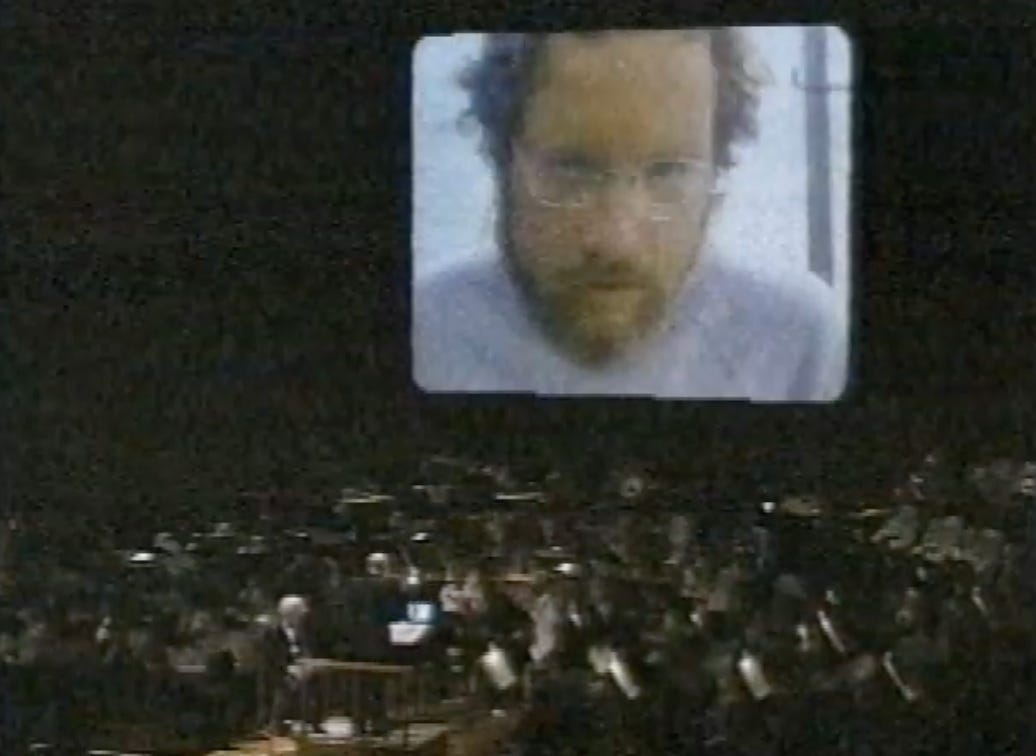
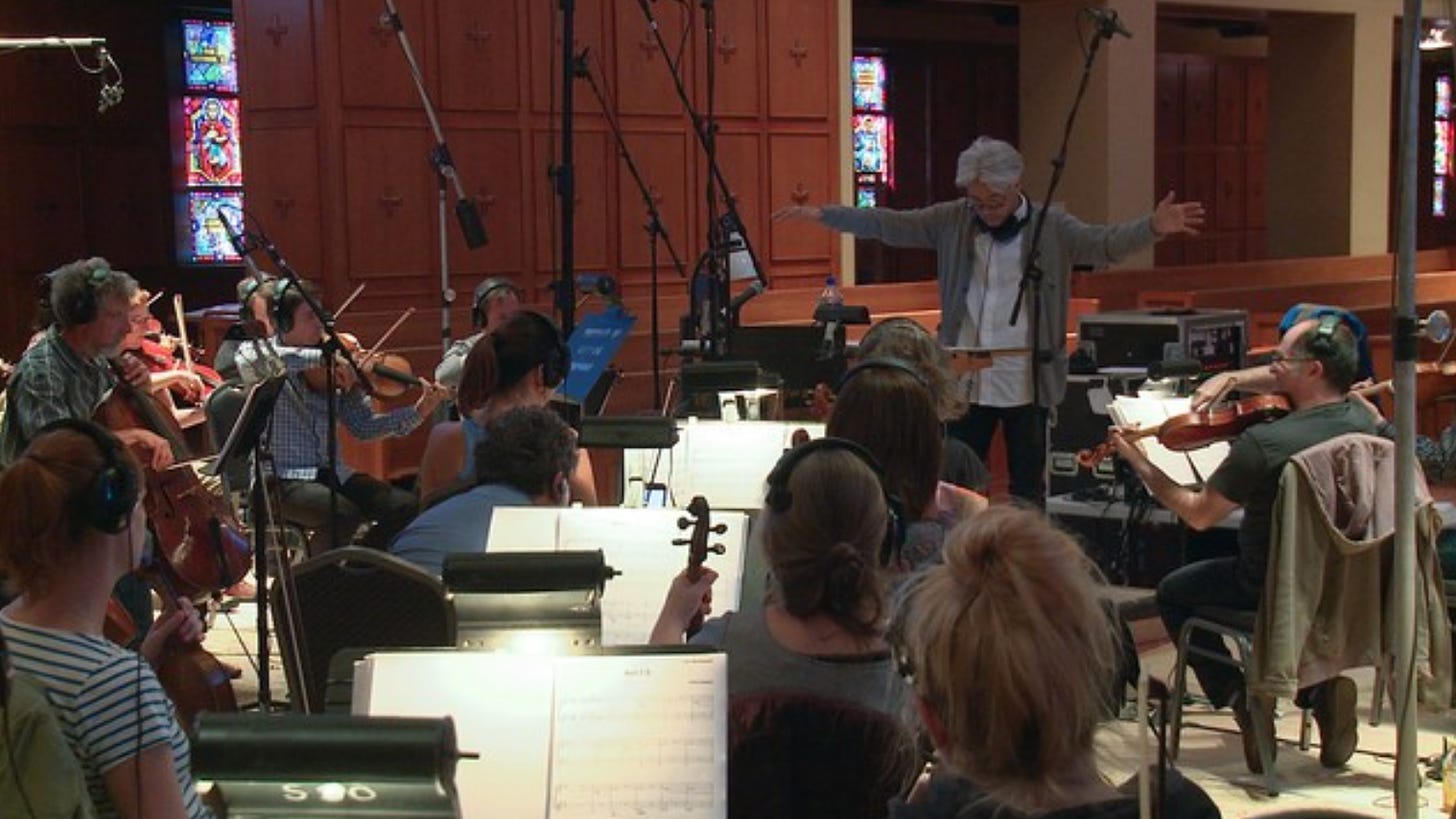
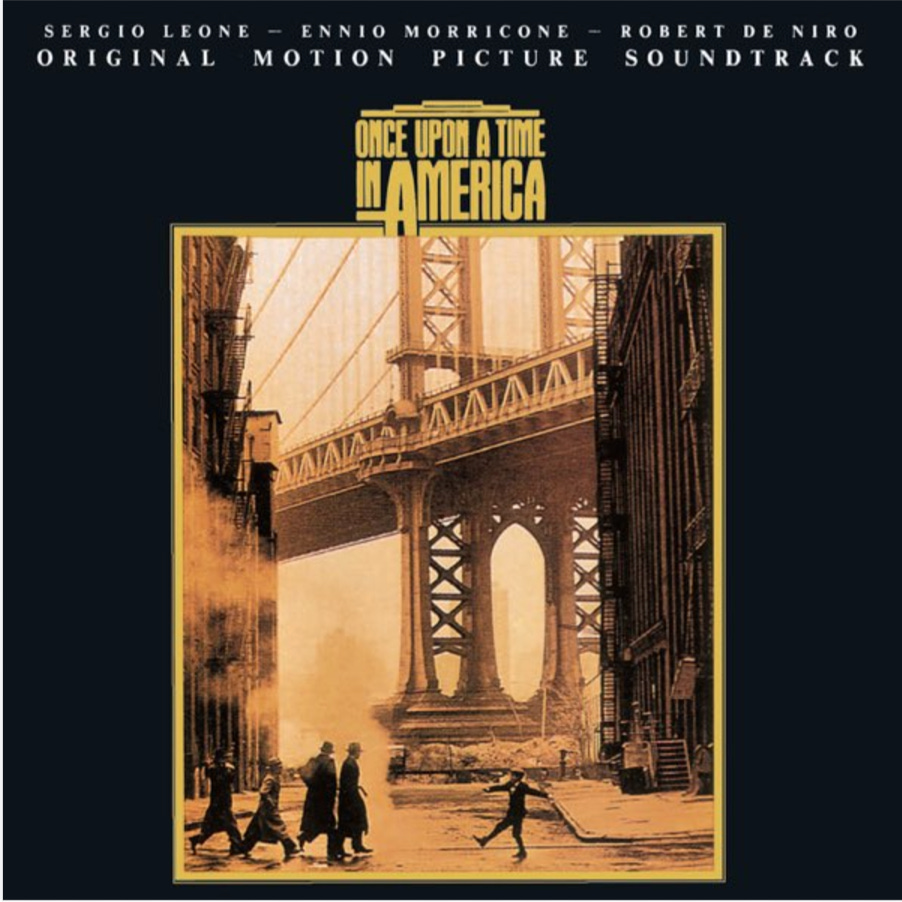
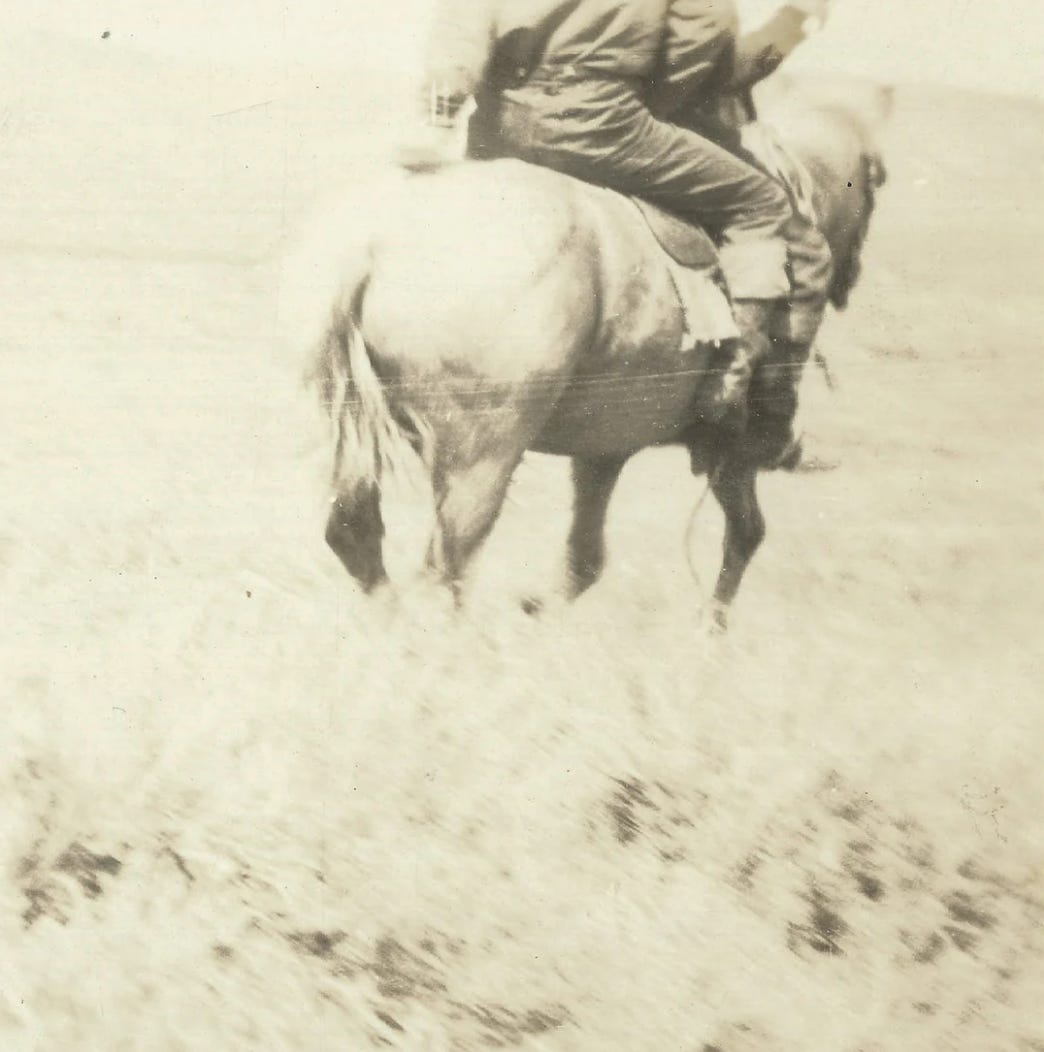
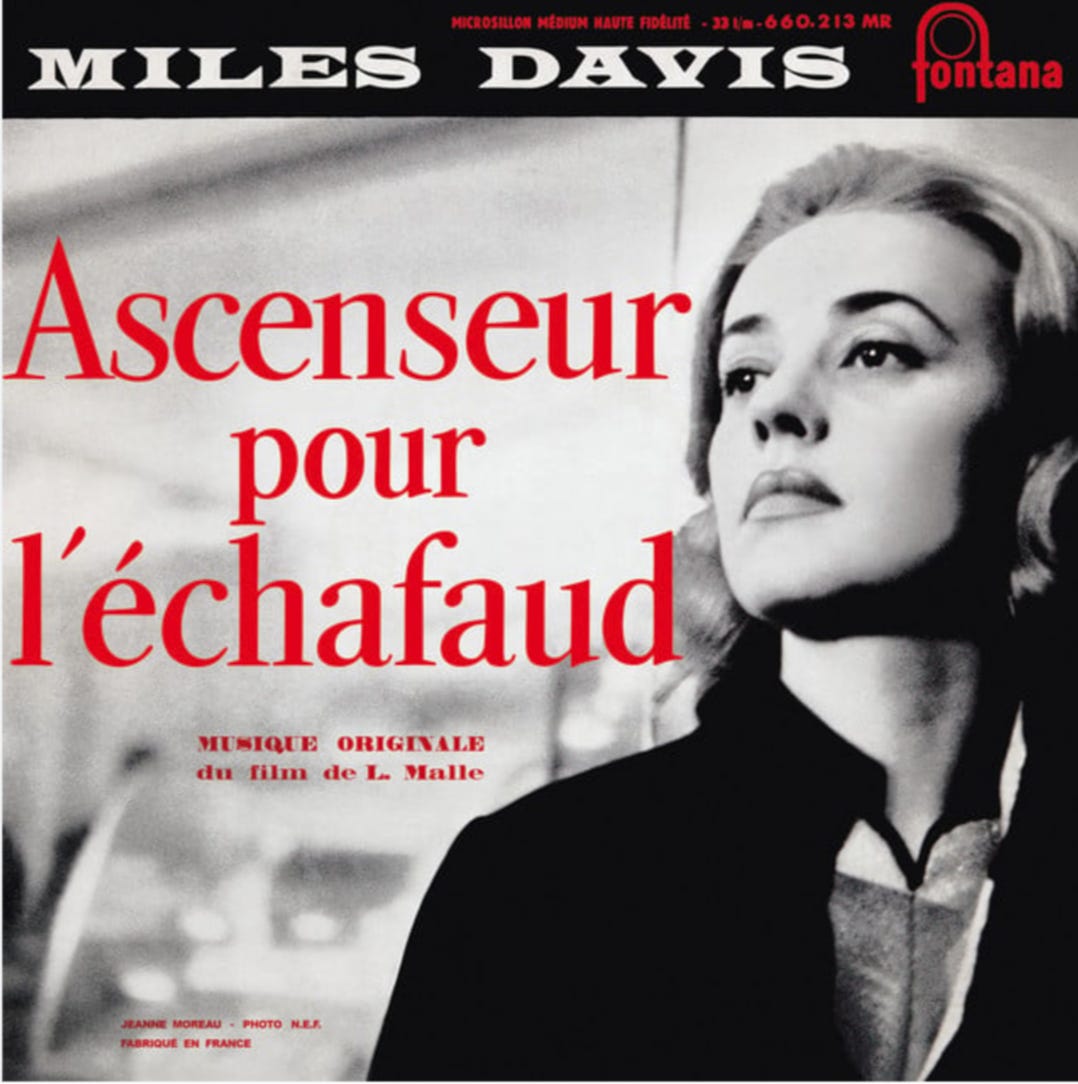
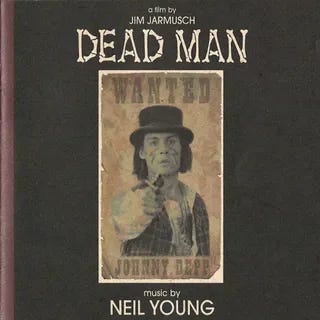
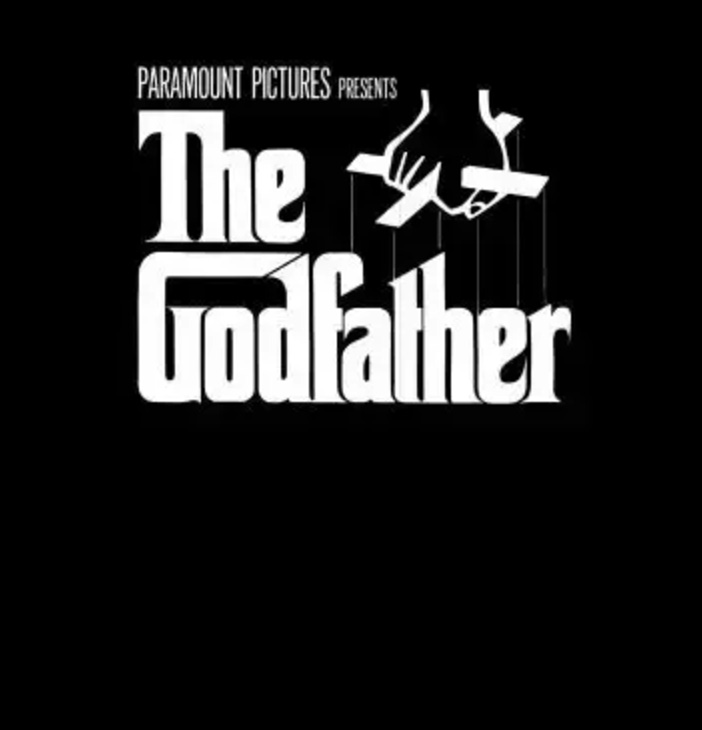
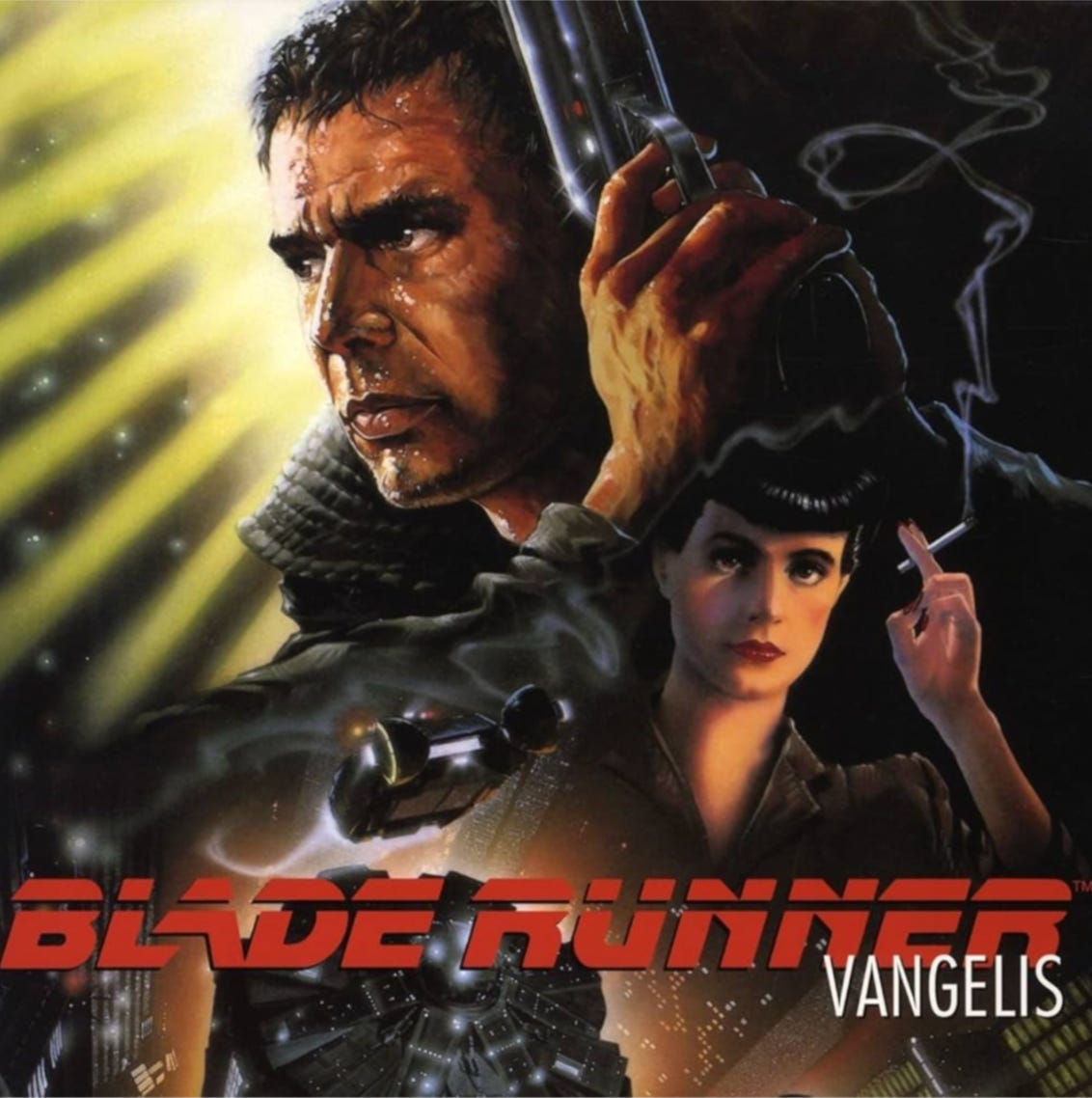
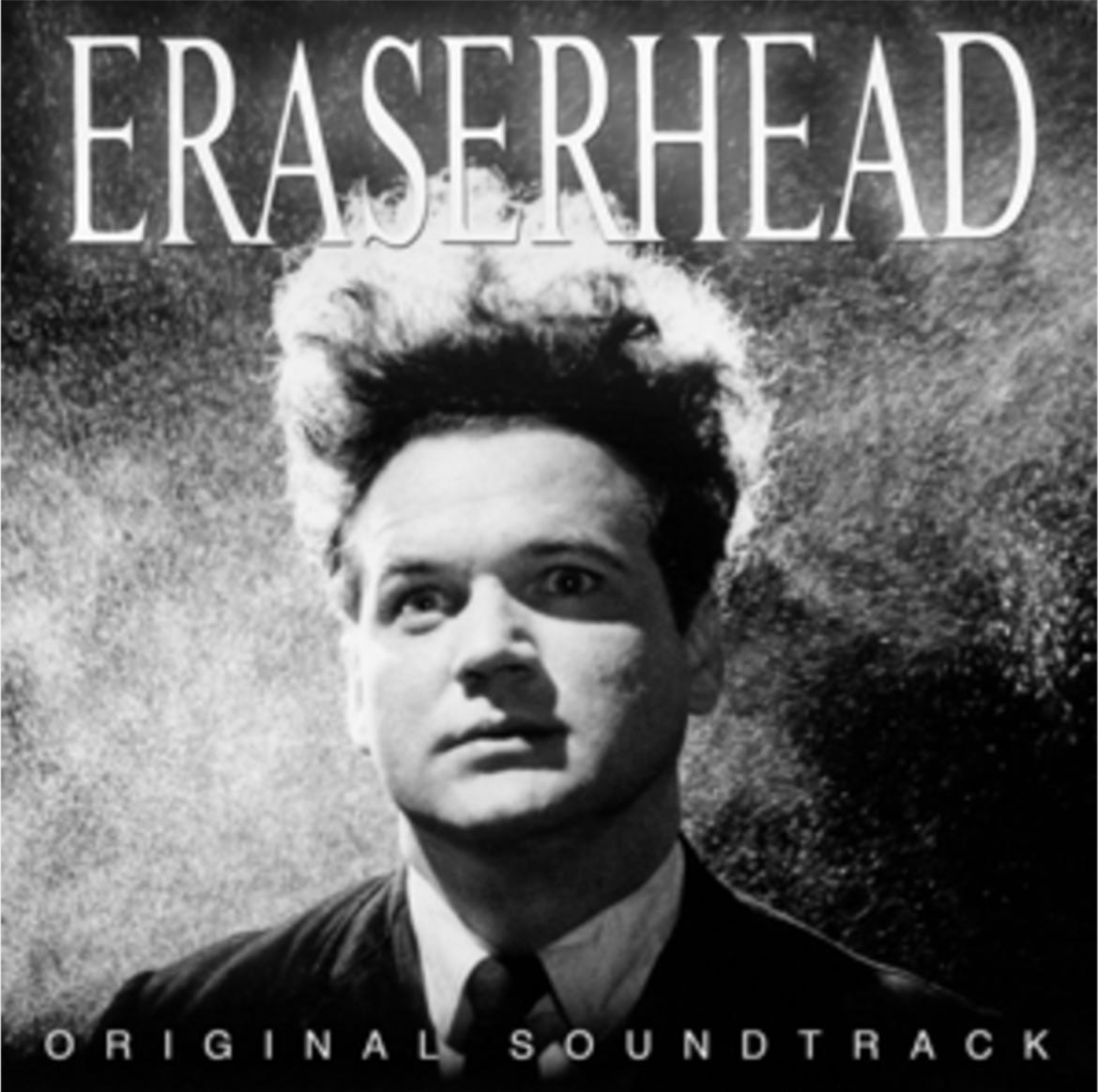
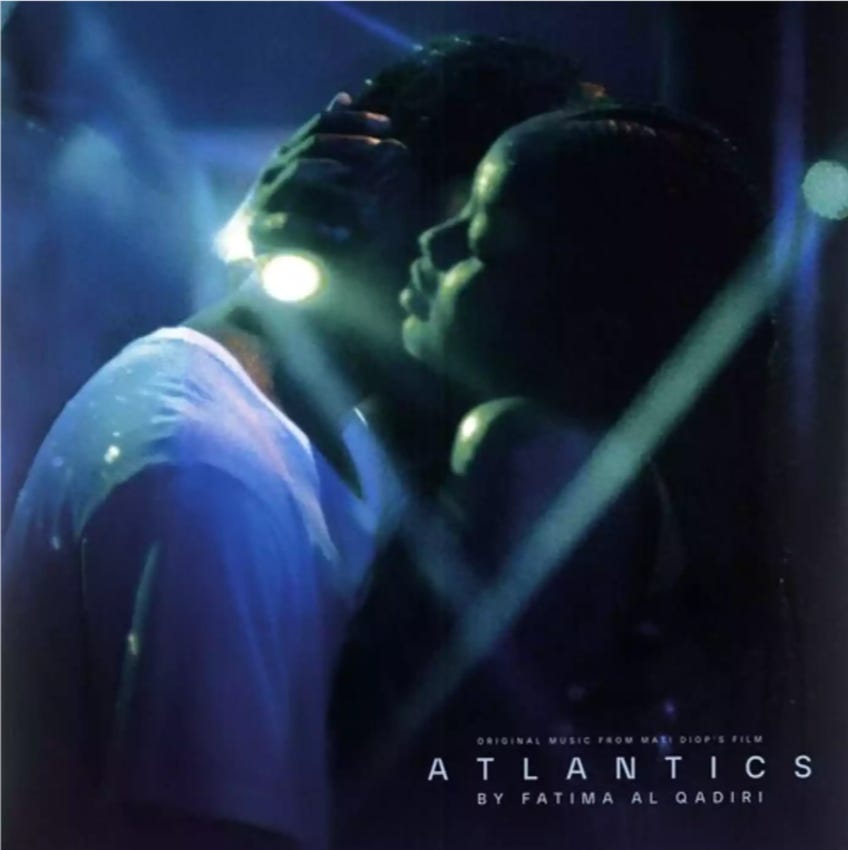
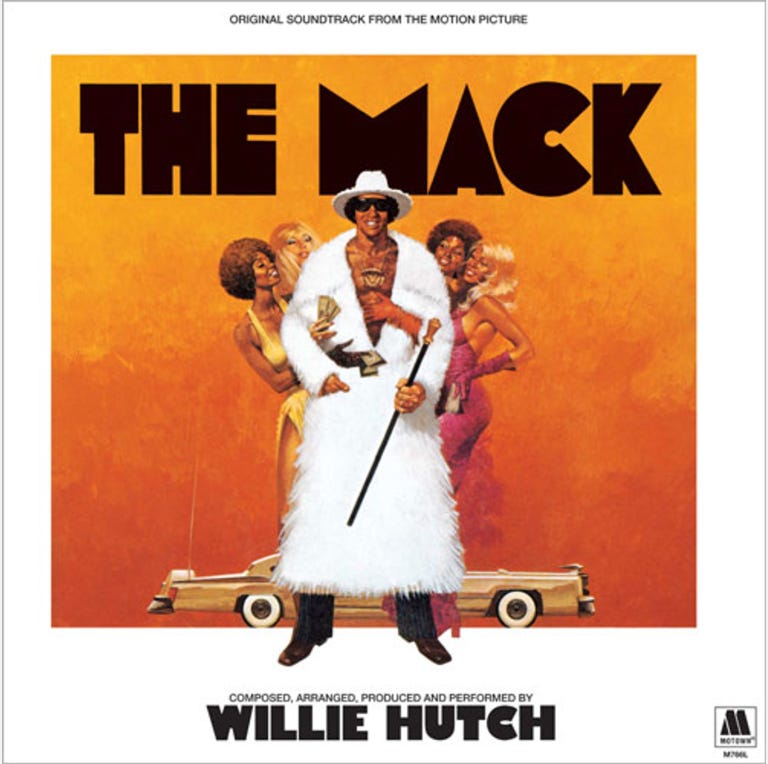
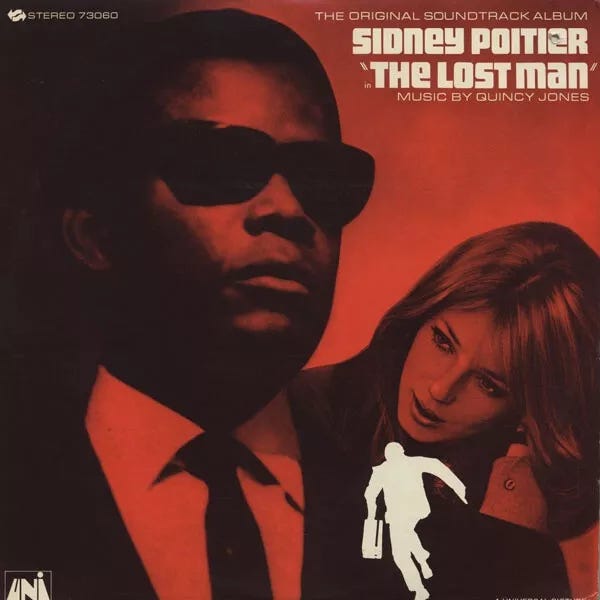
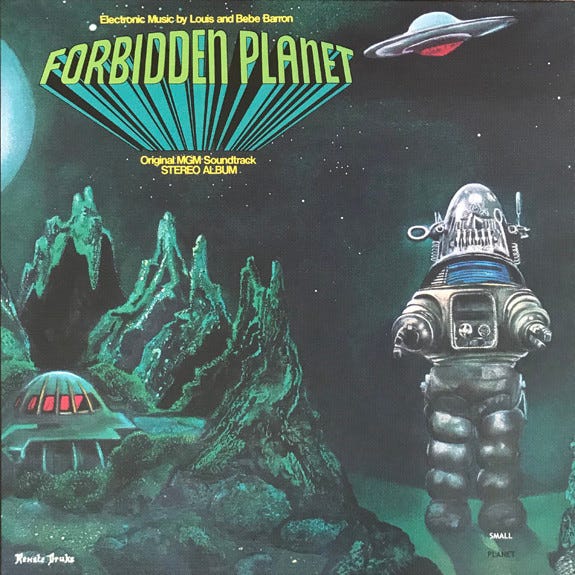
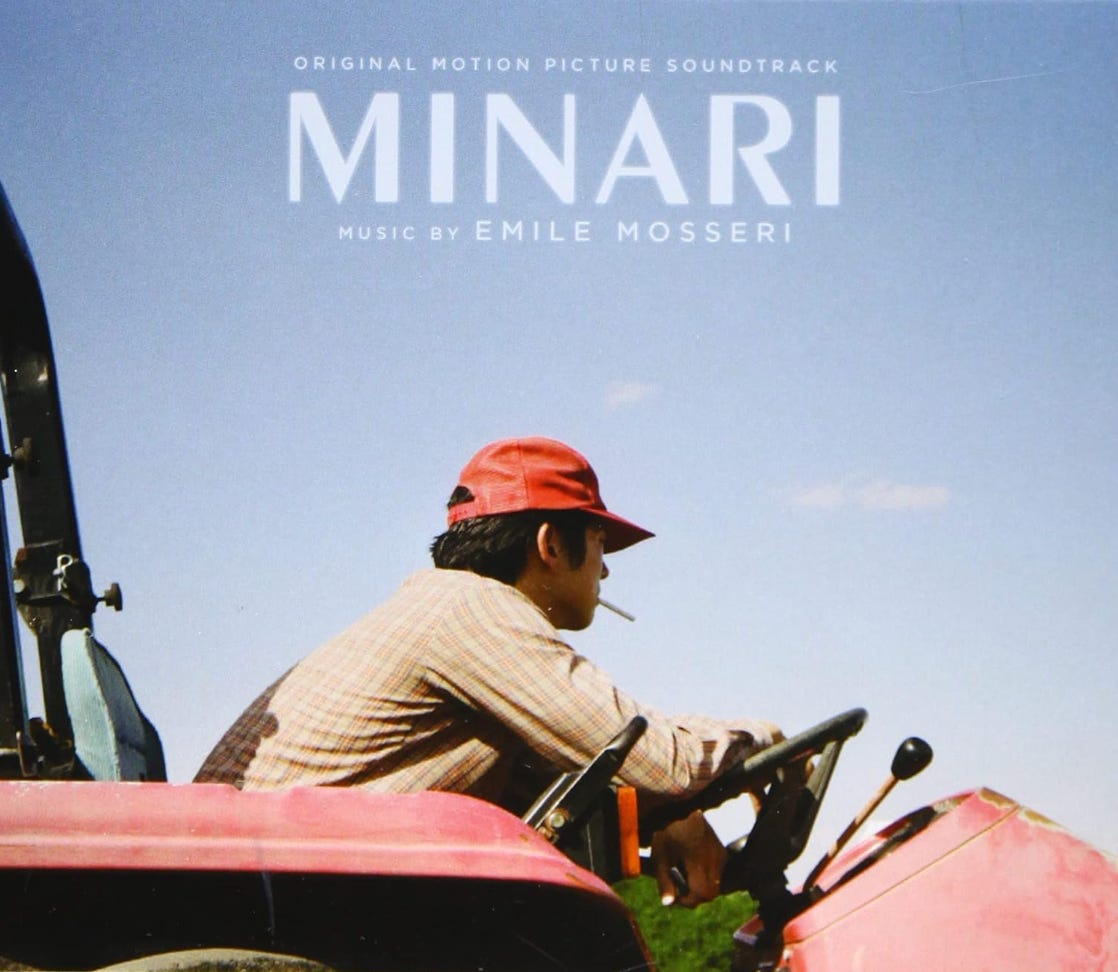
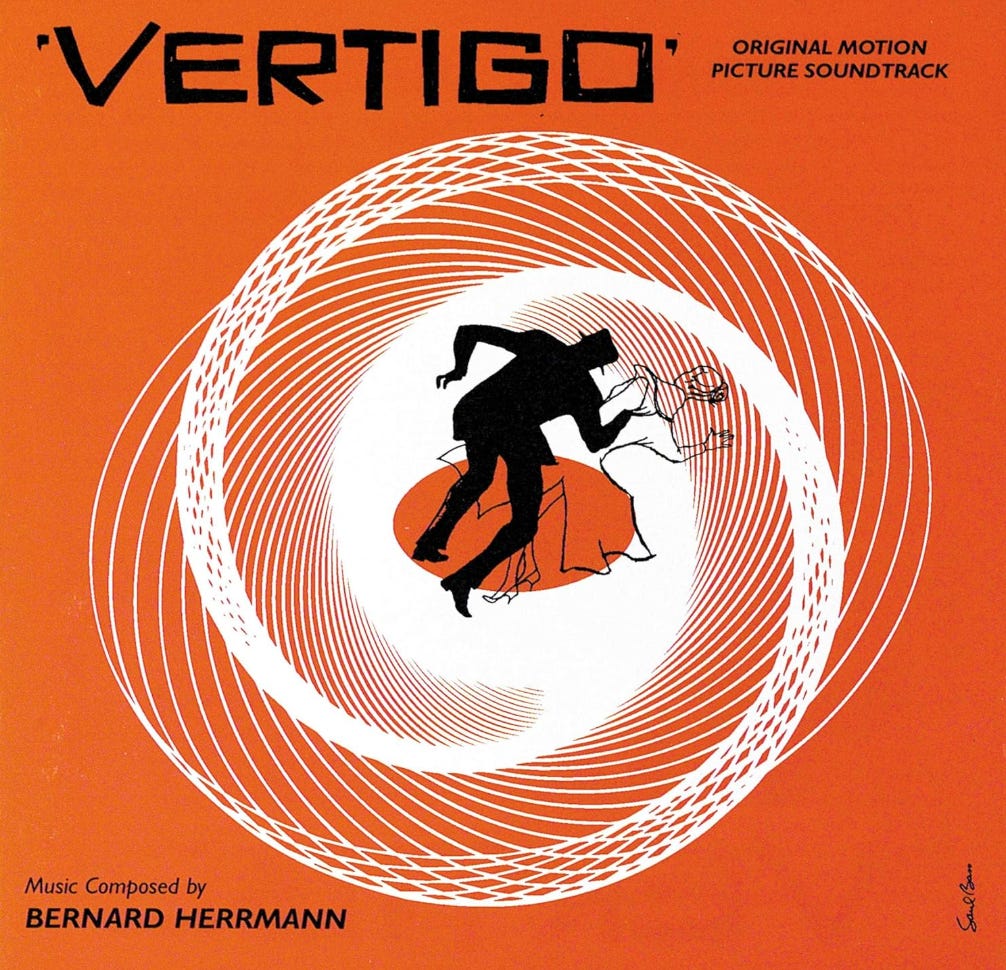
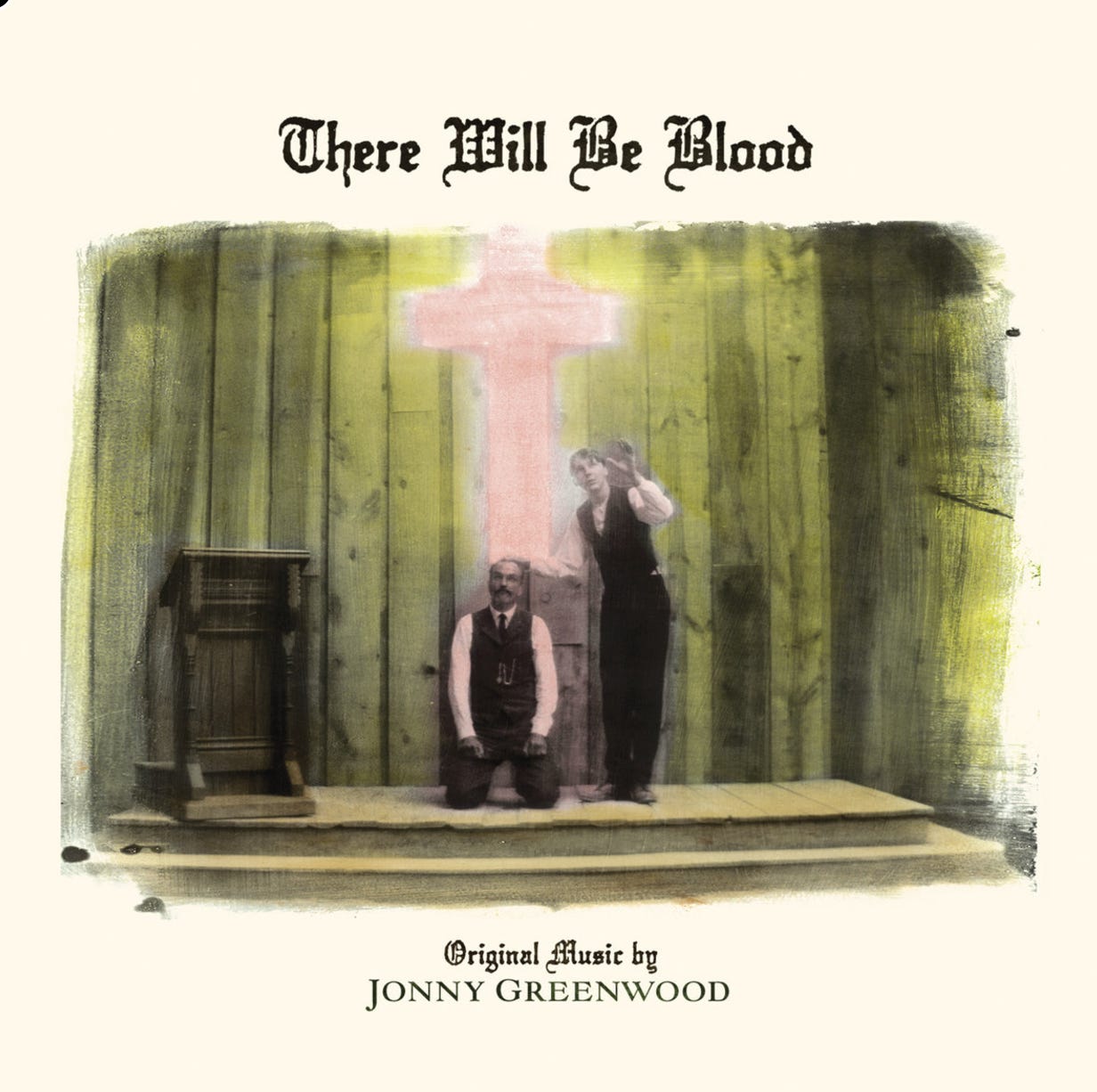
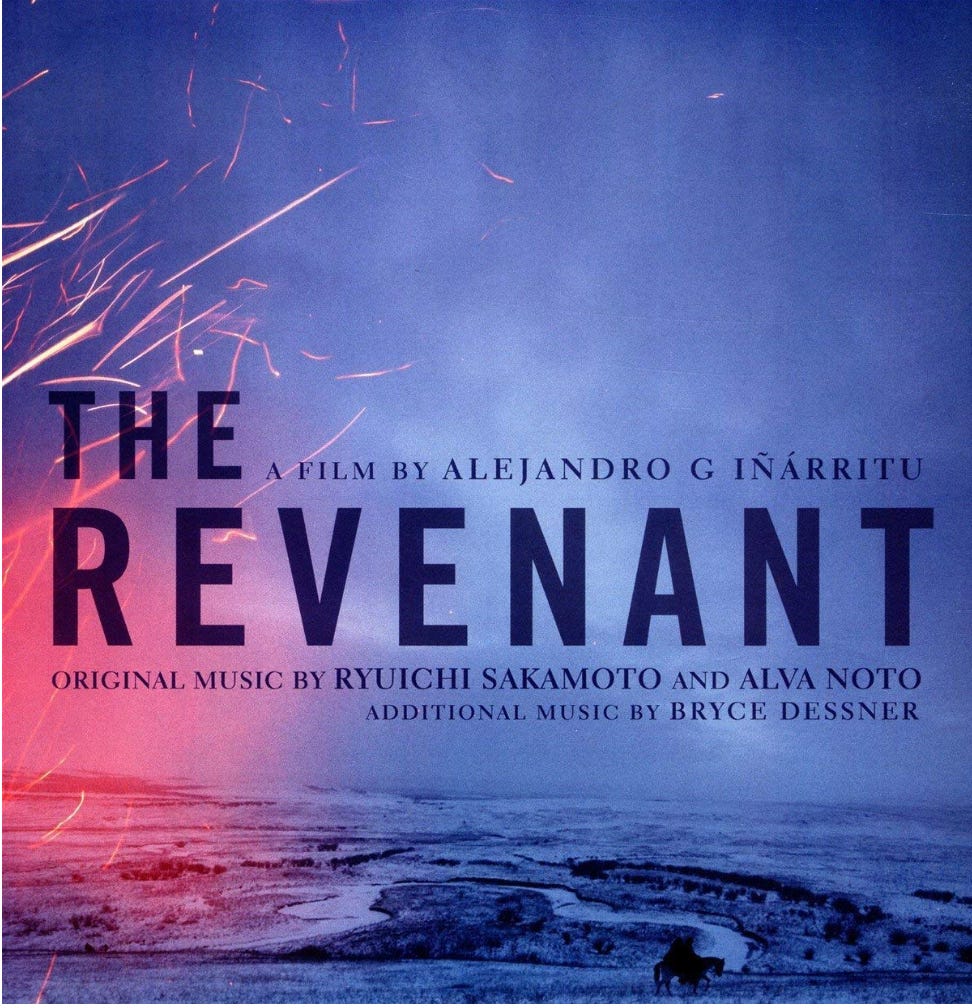
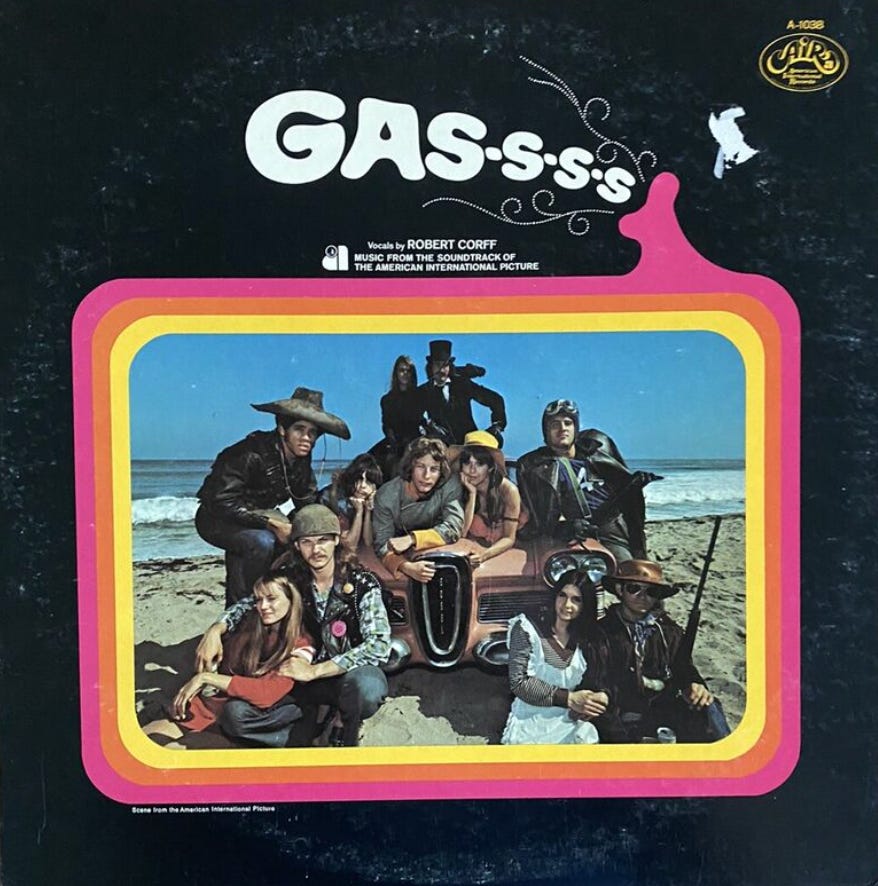
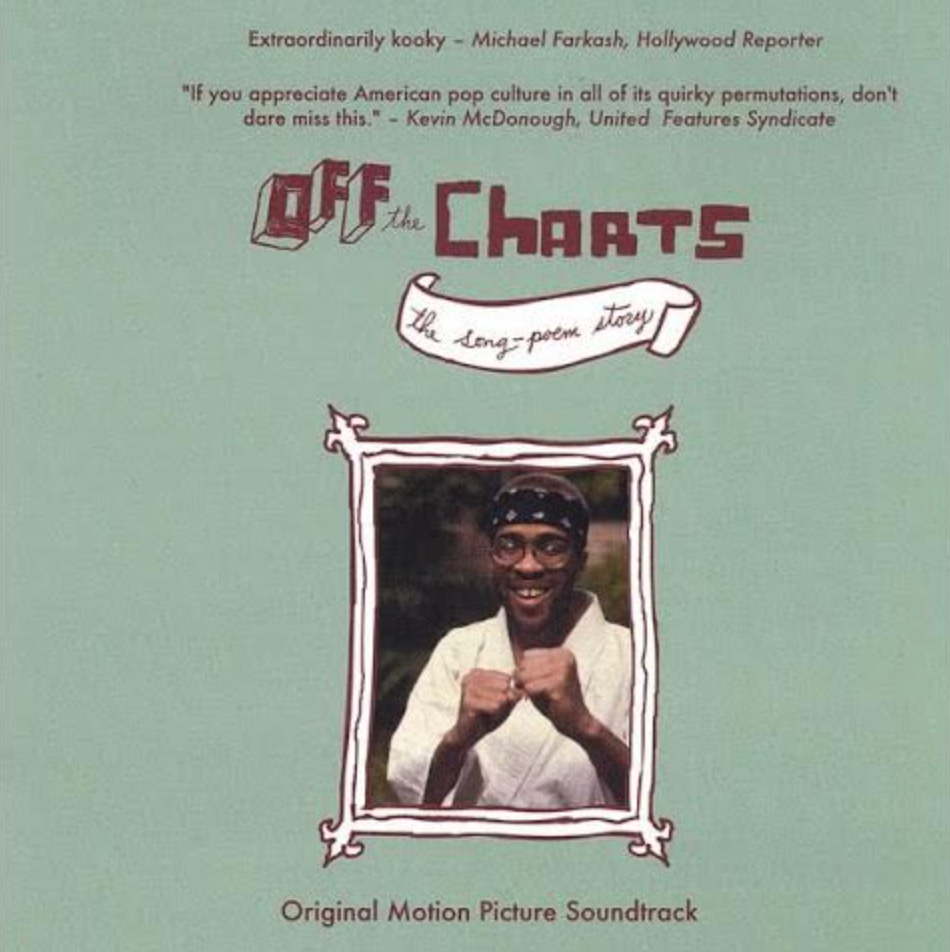
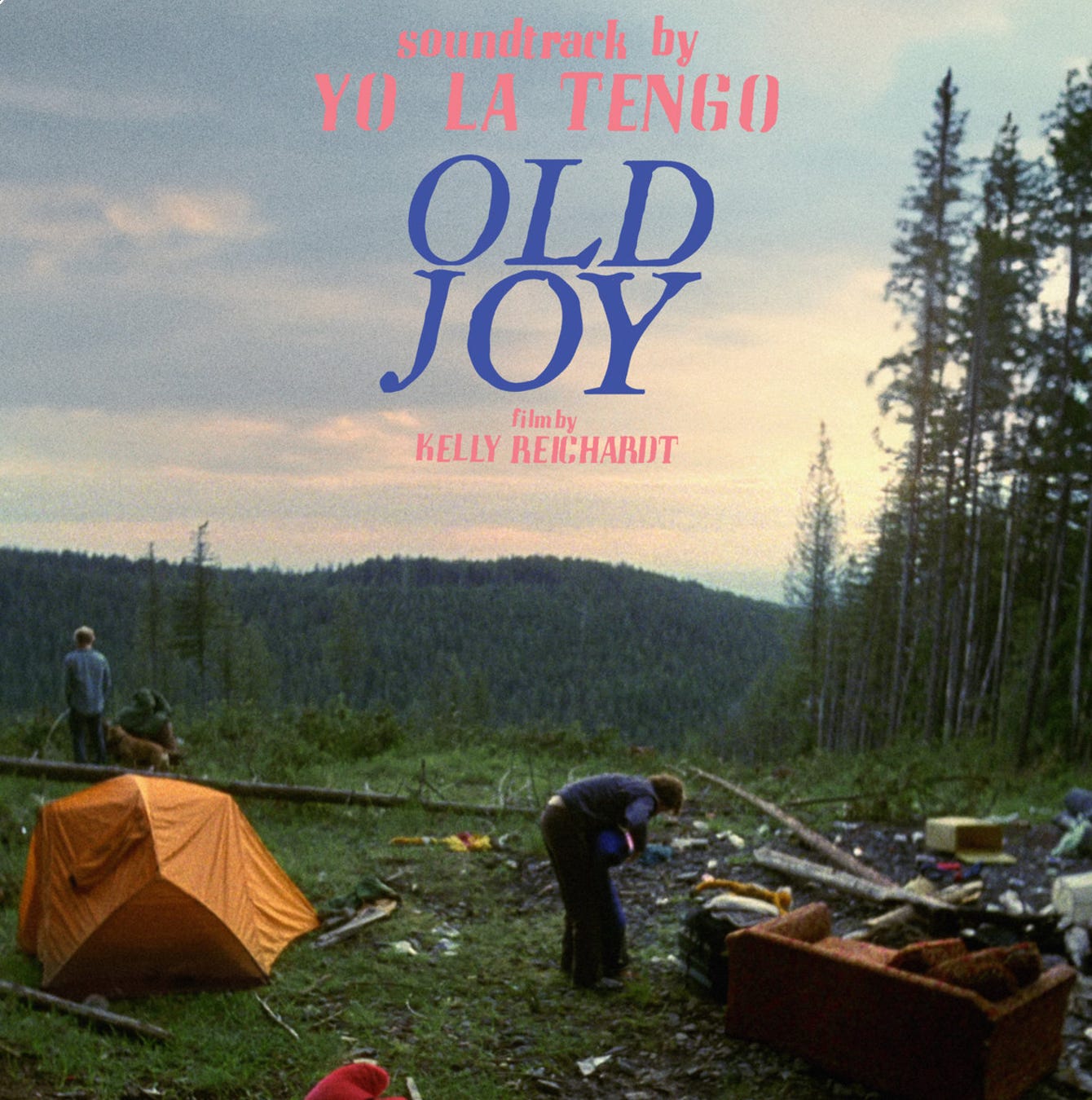
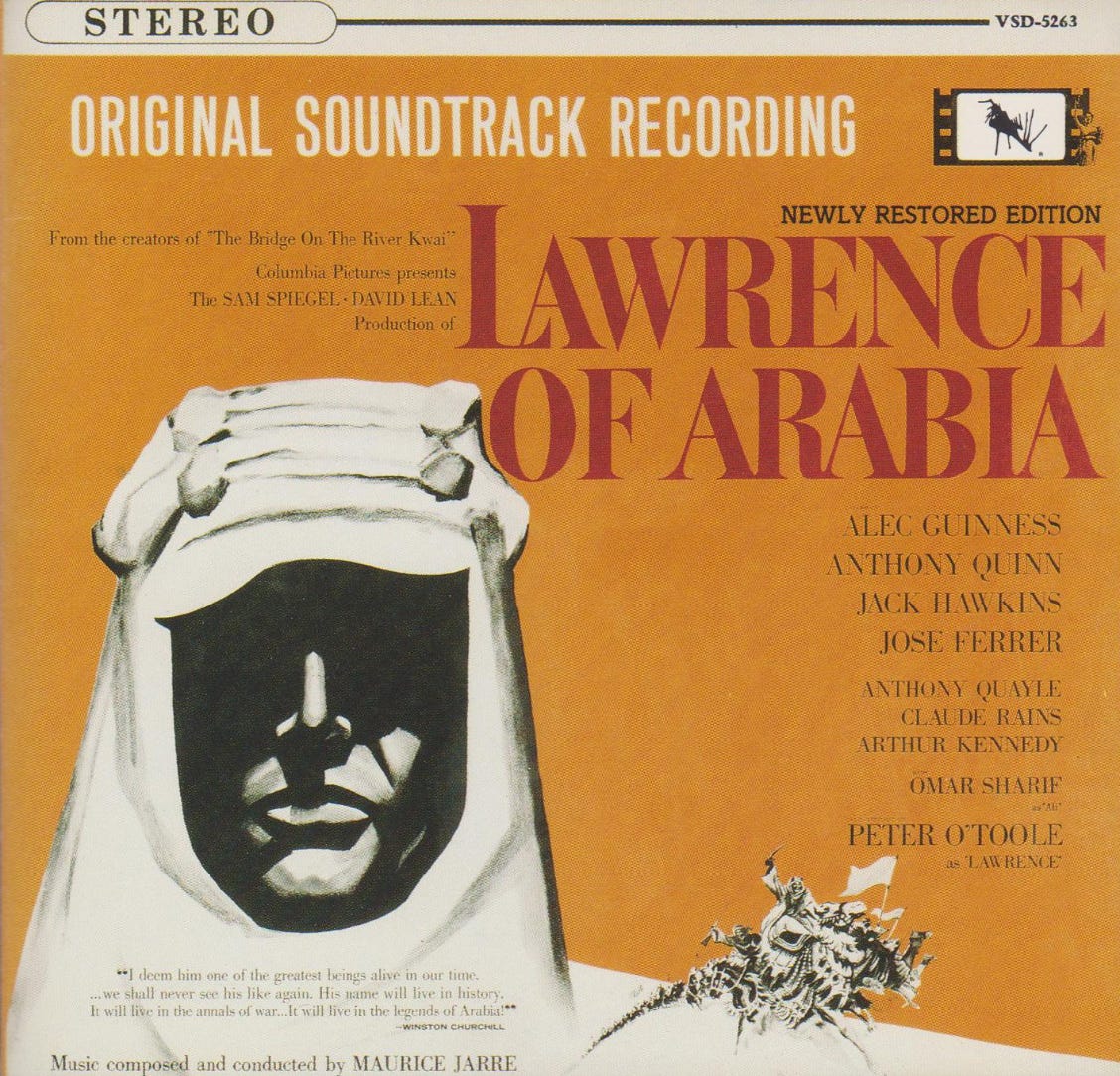
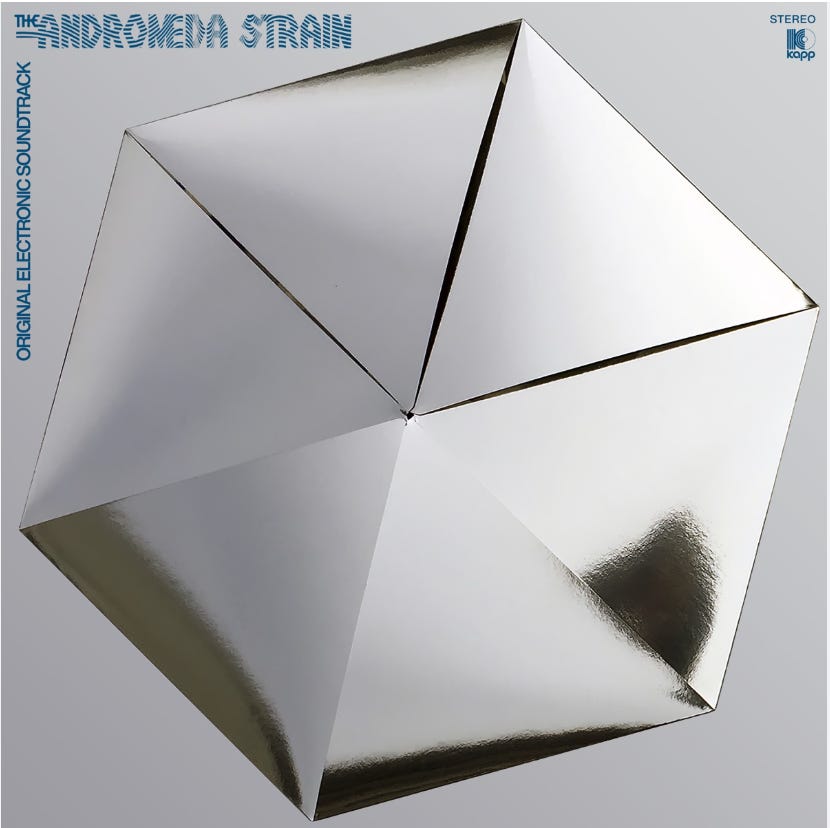
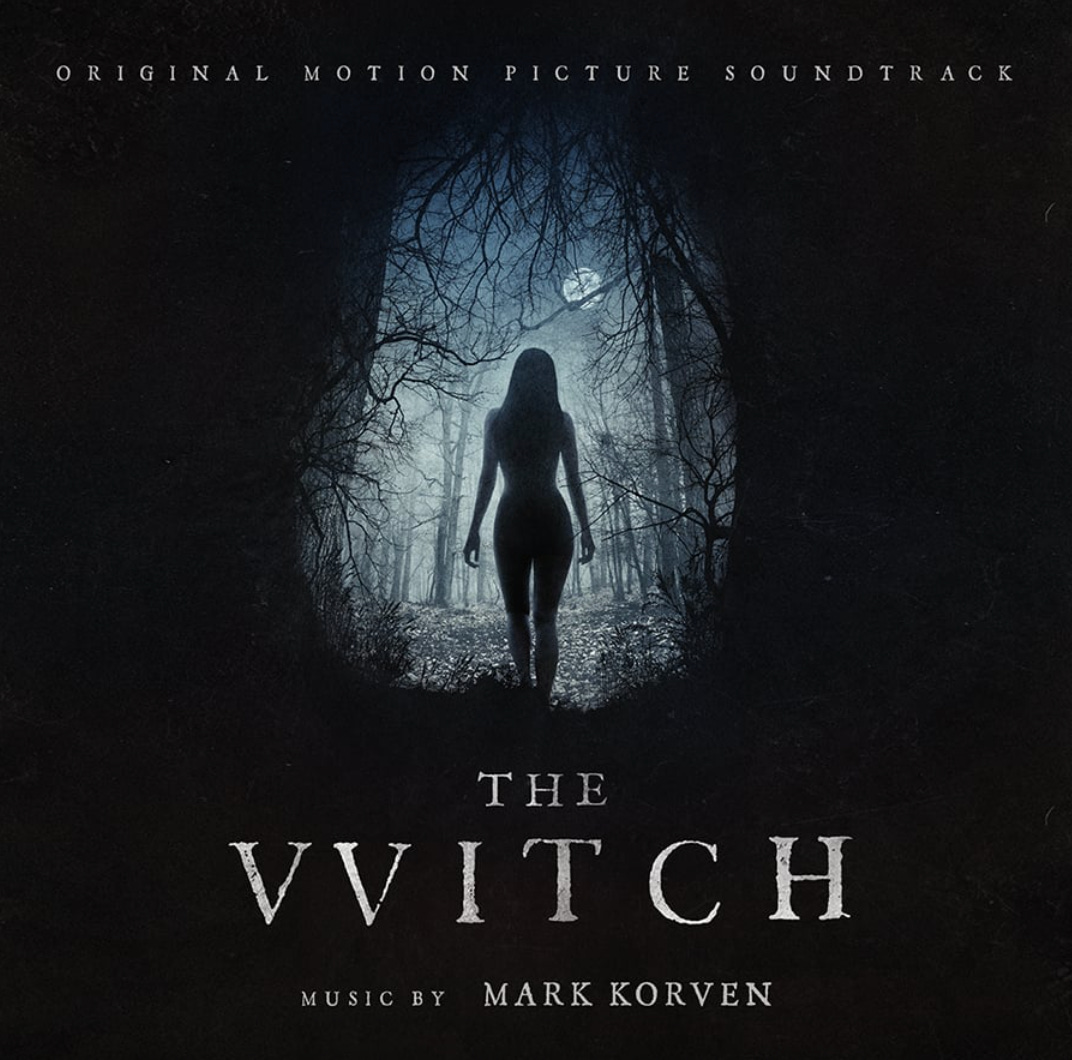
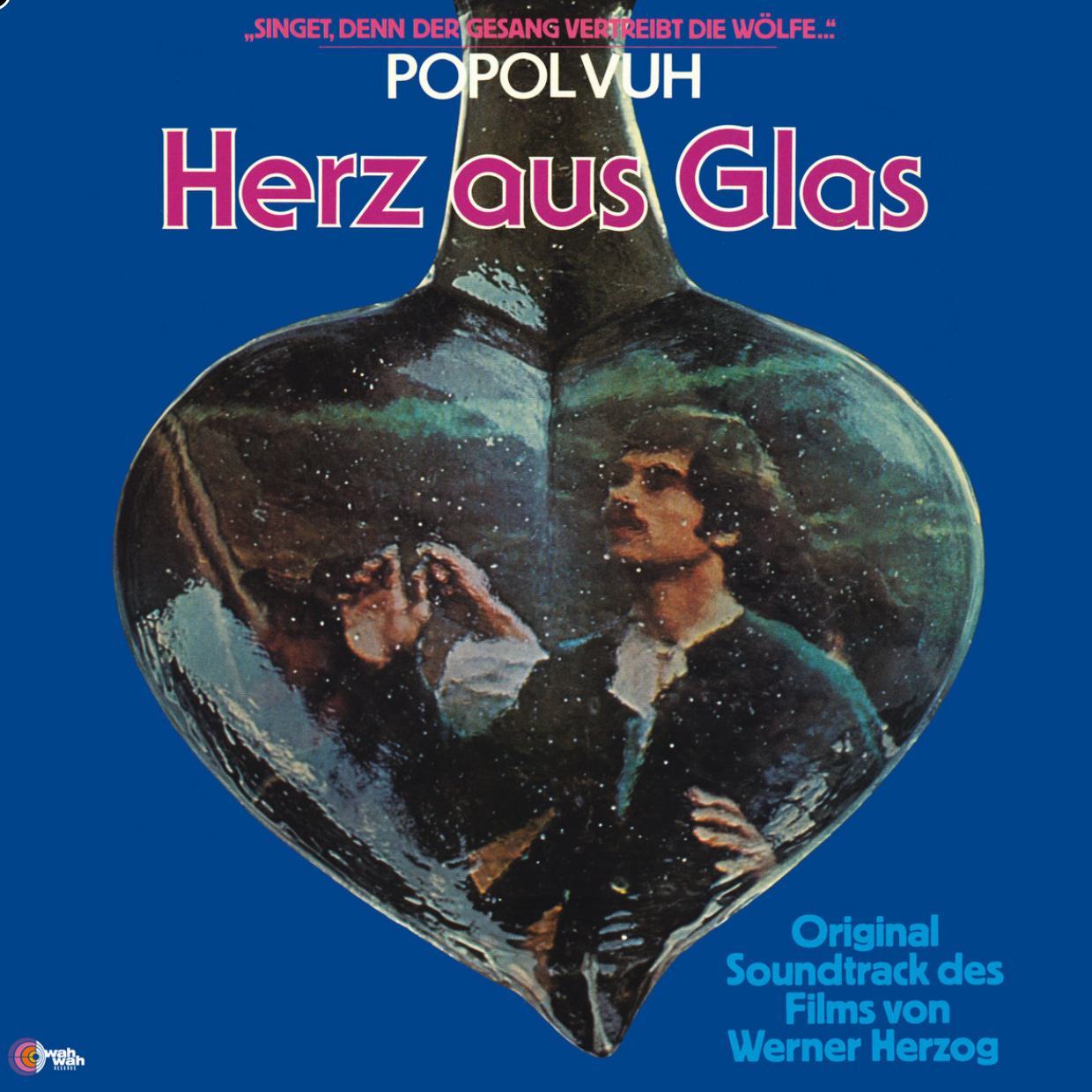
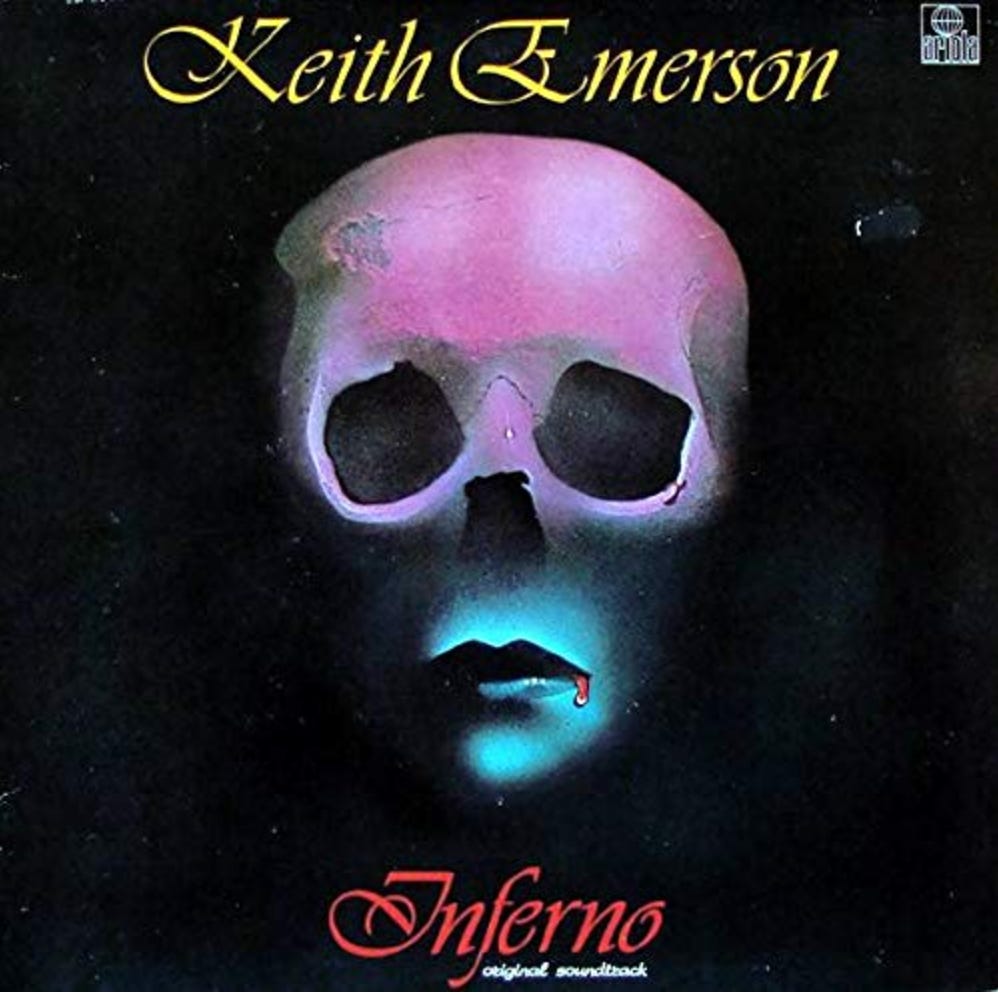
Thanks for this feature. I would add the work of Tangerine Dream to this list.
Especially their soundtracks for Sorcerer, Firestarter, and Wavelength.
David this is just a stunning and amazing job. Take a bow to your own soundtrack!